As of 2023 there are 1,157 UNESCO World Heritage Sites in the world and we’re on a mission to visit them all! We started our UNESCO journey in 2015 and have since visited almost 300 UNESCO World Heritage Sites across the globe.
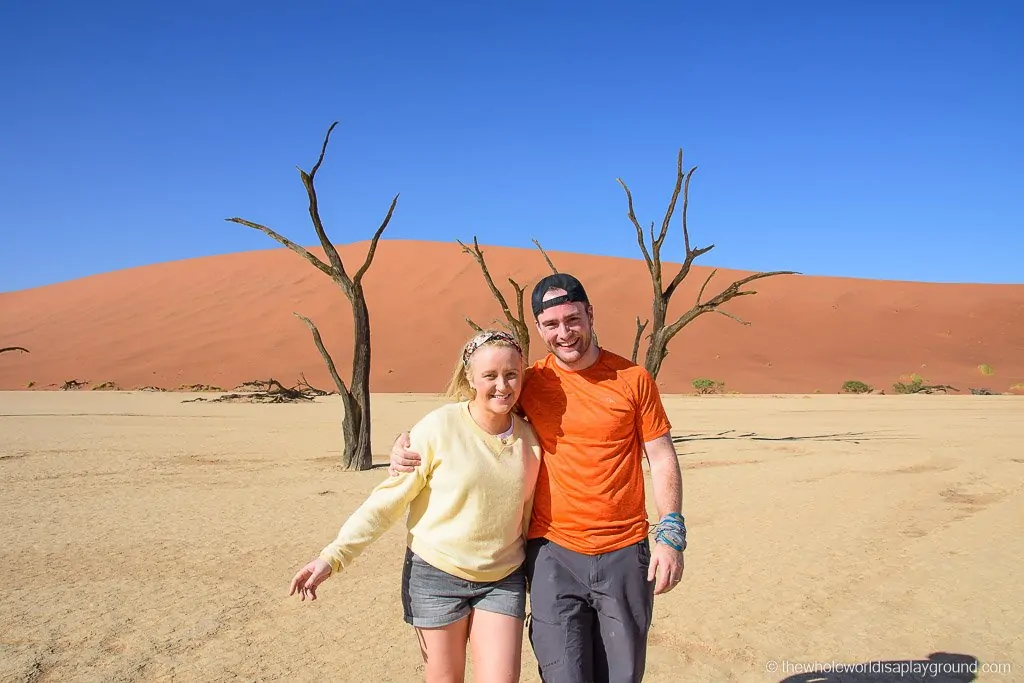
Why do we visit UNESCO World Heritage Sites?
To us UNESCO World Heritage sites represent some of the world’s greatest treasures. Our obsession with UNESCO sites began accidentally when, over time, we found ourselves referring to the list for inspiration whenever we were planning a trip. While some of the sites like Petra, Sydney Opera House and the Statue of Liberty are world famous there are many are hidden gems which we wouldn’t otherwise have been aware of. Mount Koya in Japan, My Son in Vietnam and the Archaeological Site of Aigai in Greece were all sites we visited due to their UNESCO designation and are among some of the most incredible things we’ve seen on our travels.
Of course not all UNESCO sites are equal and, while it’s easy to understand their cultural or natural significance, there are some that are quite an effort to get to and don’t have much to see when you do make it!
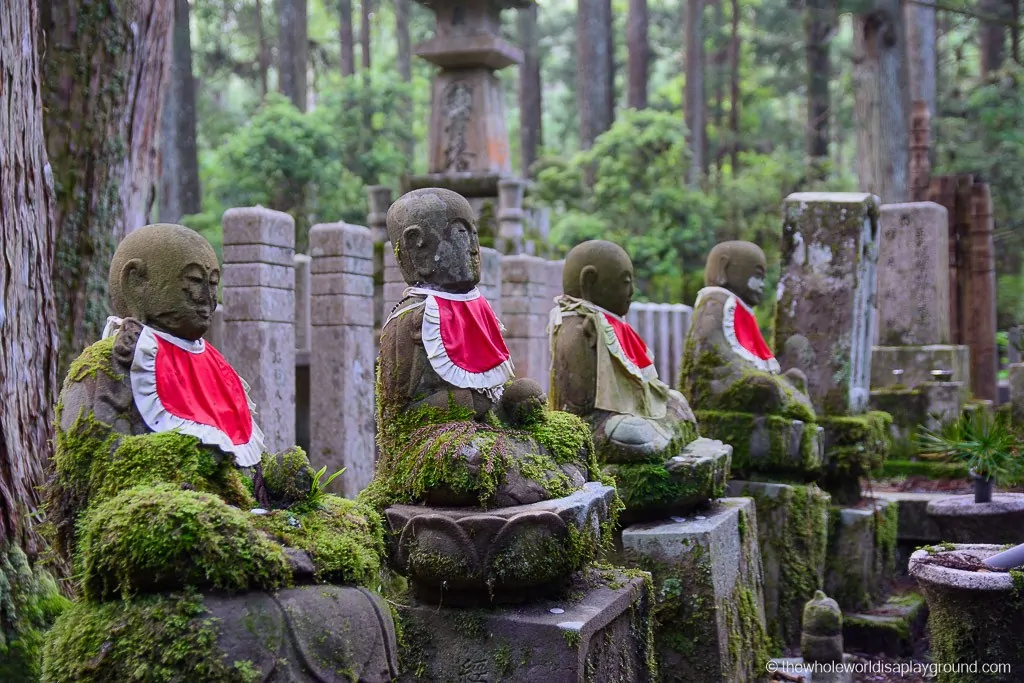
What is a UNESCO World Heritage Site?
A UNESCO World Heritage Site is a site that is listed by UNESCO (United Nations Educational, Scientific and Cultural Organization). To be included on the World Heritage List the site must be of outstanding universal value and meet at least one out of ten natural and cultural selection criteria. The list began in 1978 when 12 sites from Canada, Ecuador, Ethiopia, Poland, Germany, Senegal and the US were inscribed to the list.
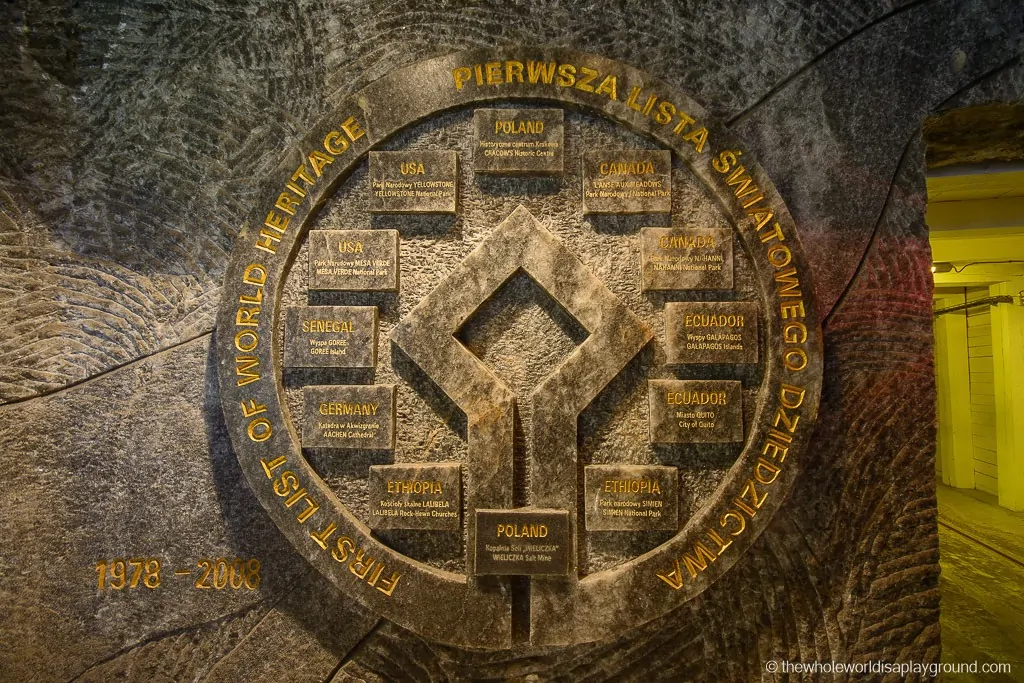
How many UNESCO World Heritage Site sites are in there in the world?
As of 2023 there are 1,157 UNESCO World Heritage Sites in the world.
The list is usually revised every year – 3 sites were added in 2022 and 34 in 2021 during the annual World Heritage Committee Sessions. The last additions prior to this were in 2019 when 29 new sites were listed. In 2018 20 new sites were added and in 2017 26 new sites were inscribed to the list. 52 of the 1,157 sites are listed as in danger meaning that they are experiencing conditions which threaten the characteristics for which the property was inscribed on the World Heritage List. To date, only three sites have been delisted – these were the Arabian Oryx Sanctuary in Oman, Liverpool – Maritime Mercantile City and the Dresden Elbe Valley in Germany.
Can you visit every UNESCO in the world?
It’s extremely difficult!
Some sites are considered inaccessible and almost impossible to reach: for example, Henderson Island, part of the Pitcairn Islands, is one of the most remote places in the world. Visiting the island requires special permission from the Pitcairn Island Council and there are no flights, cruises or cargo ships which travel to the islands.
Other countries are experiencing extreme conflicts which make the possibility of visiting unlikely: only time will tell whether countries such as Yemen and Syria will recover for tourism purposes in our lifetime.
Our journey to visit every UNESCO in the world: current total 282
As of June 2023 we’ve visited the following UNESCO sites, listed by country:
Australia
- Sydney Opera House
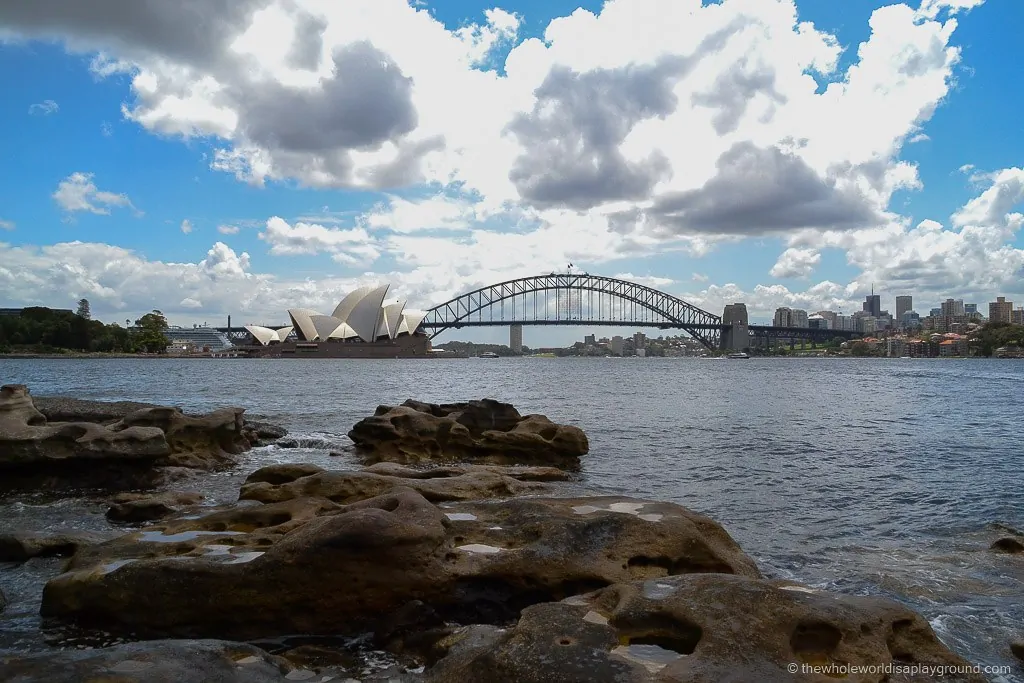
Austria
- Historic Centre of the City of Salzburg
- City of Graz – Historic Centre and Schloss Eggenberg
- Prehistoric Pile Dwellings around the Alps
Belgium
Check out a detailed guide to the Belgium UNESCO sites here
- Flemish Béguinages
- La Grand-Place, Brussels
- The Four Lifts on the Canal du Centre and their Environs, La Louvière and Le Roeulx (Hainaut)
- Belfries of Belgium and France
- Historic Centre of Brugge
- Major Town Houses of the Architect Victor Horta (Brussels)
- Neolithic Flint Mines at Spiennes (Mons)
- Notre-Dame Cathedral in Tournai
- Plantin-Moretus House-Workshops-Museum Complex
- Ancient and Primeval Beech Forests of the Carpathians and Other Regions of Europe
- Stoclet House
- Major Mining Sites of Wallonia
- The Architectural Work of Le Corbusier, an Outstanding Contribution to the Modern Movement
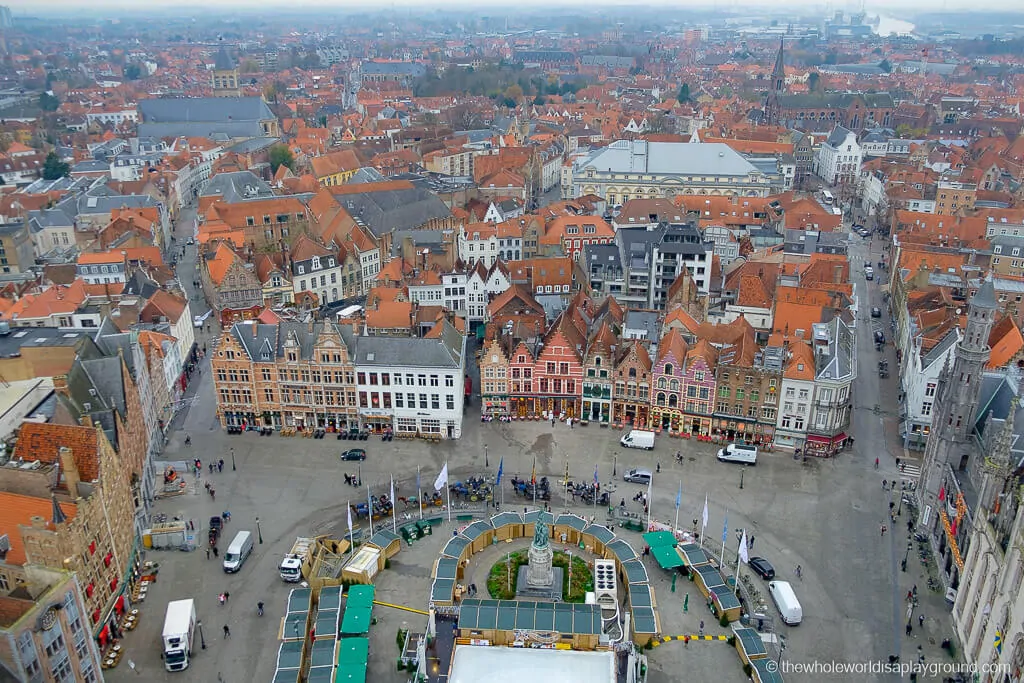
Bosnia and Herzegovina
Check out a detailed guide to the Bosnia and Herzegovina UNESCO sites here
- Old Bridge Area of the Old City of Mostar
- Mehmed Paša Sokolović Bridge in Višegrad
- Stećci Medieval Tombstones Graveyards
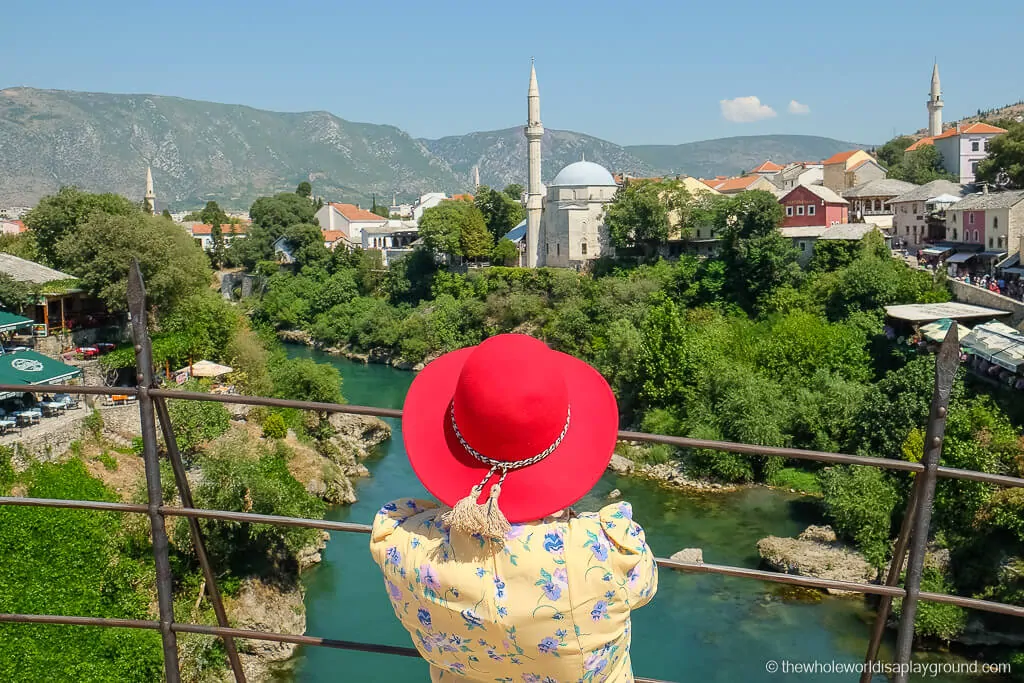
Botswana
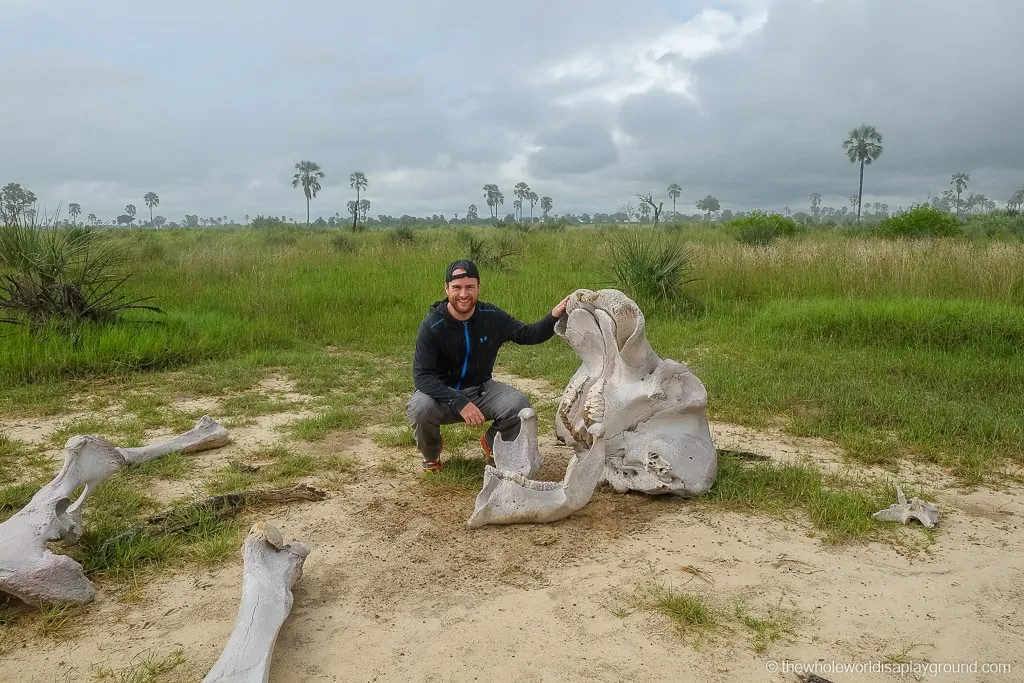
Brazil
- Rio de Janeiro: Carioca Landscapes between the Mountain and the Sea
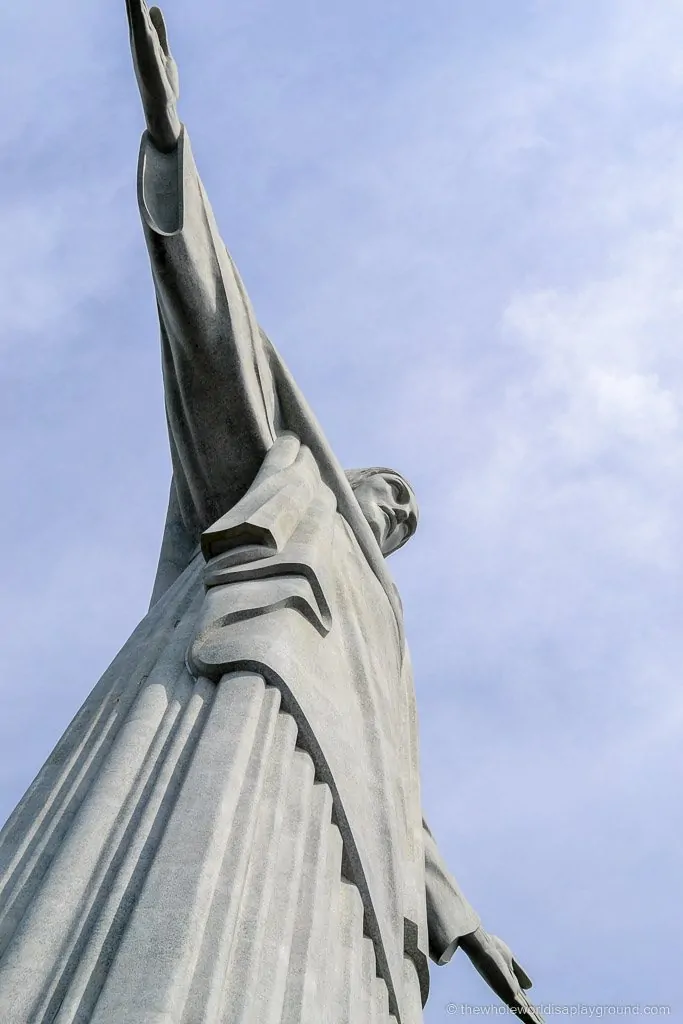
Bulgaria
- Rock-Hewn Churches of Ivanovo
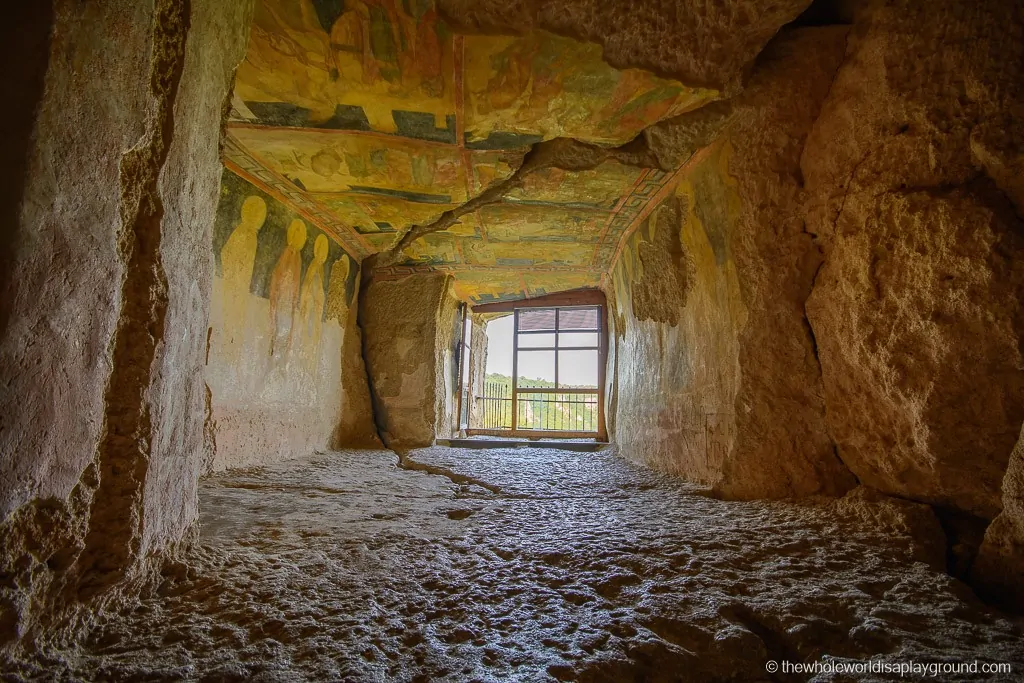
Cambodia
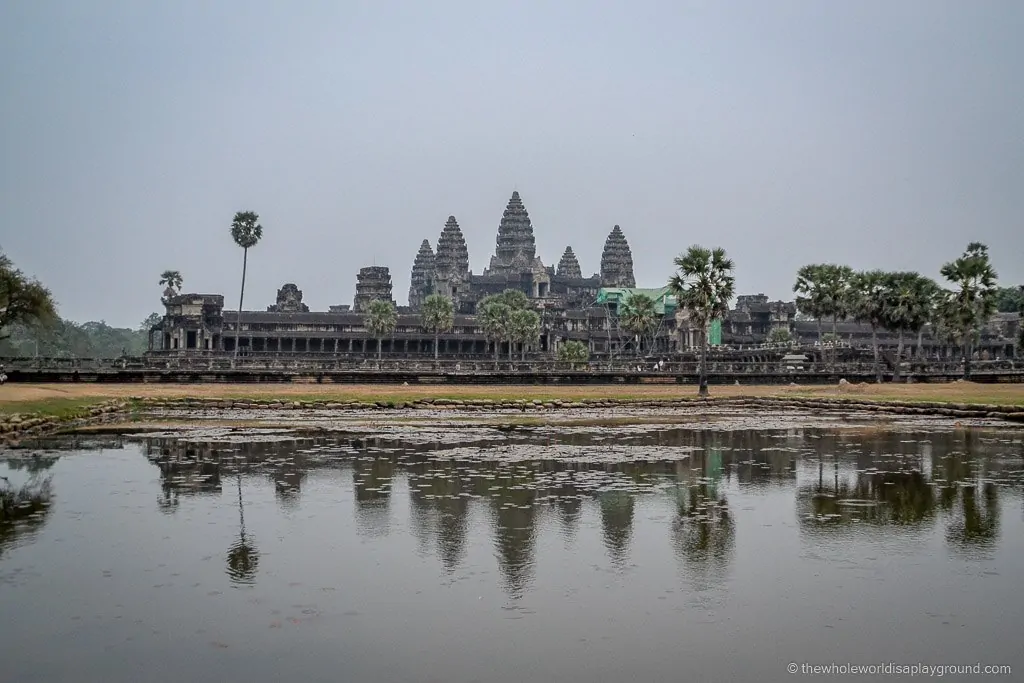
China
- Imperial Palaces of the Ming and Qing Dynasties in Beijing and Shenyang
- The Great Wall
- Temple of Heaven: an Imperial Sacrificial Altar in Beijing
Croatia
Check out our detailed guide to the Croatia UNESCO sites here
- Historical Complex of Split with the Palace of Diocletian
- Old City of Dubrovnik
- Plitvice Lakes National Park
- Episcopal Complex of the Euphrasian Basilica in the Historic Centre of Poreč
- Historic City of Trogir
- The Cathedral of St James in Šibenik
- Ancient and Primeval Beech Forests of the Carpathians and Other Regions of Europe
- Stari Grad Plain
- Stećci Medieval Tombstones Graveyards
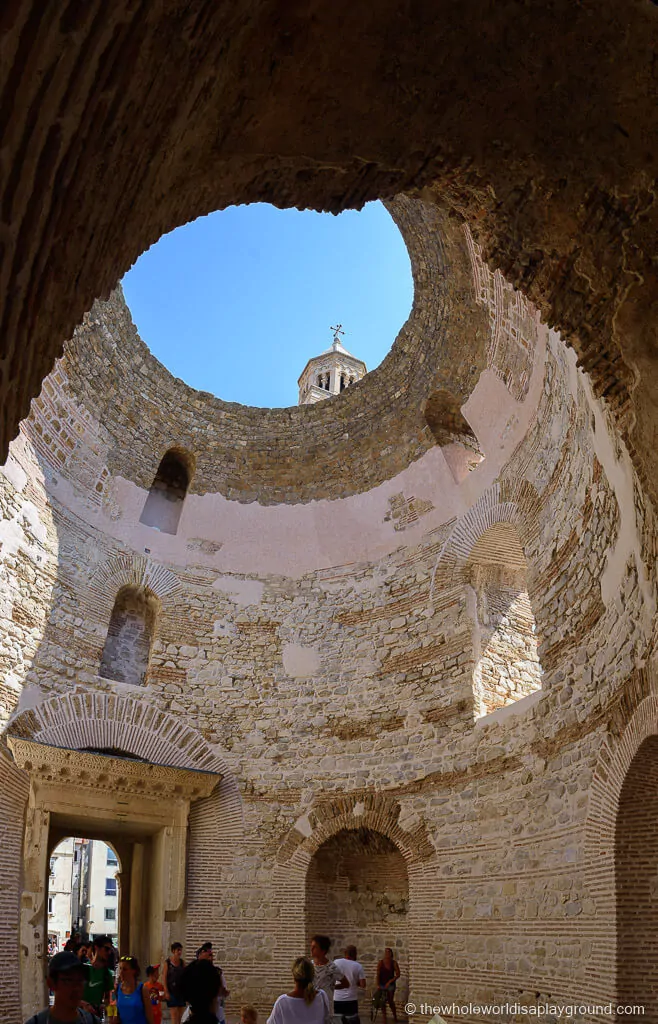
Czechia
- Historic Centre of Prague
Denmark
- Roskilde Cathedral
- Kronborg Castle
- Stevns Klint
- The par force hunting landscape in North Zealand
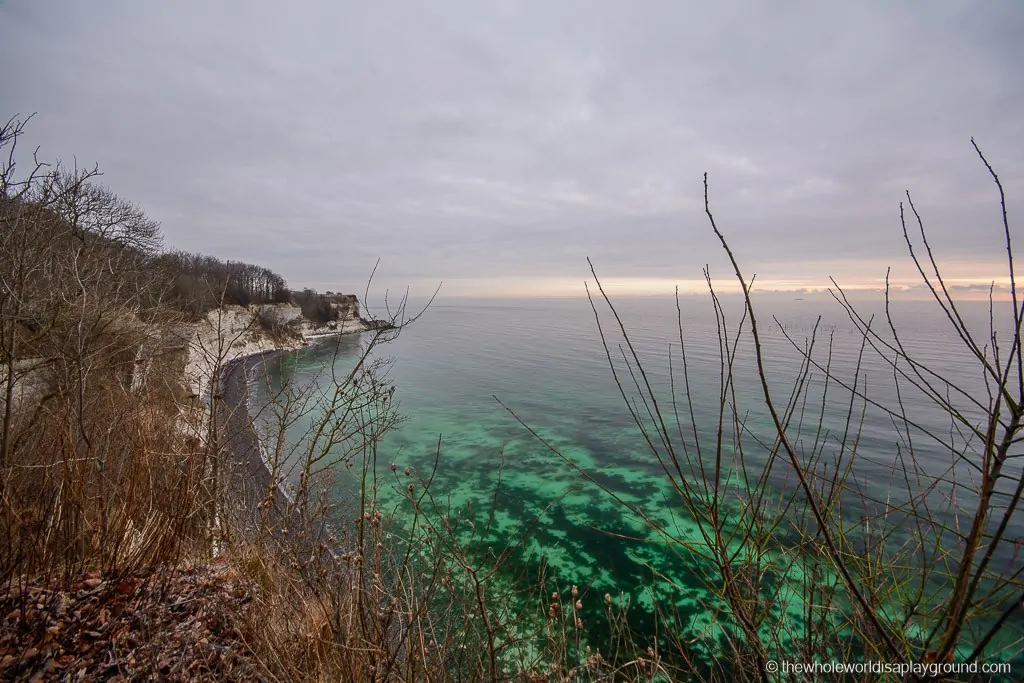
Egypt
- Ancient Thebes with its Necropolis
- Historic Cairo
- Memphis and its Necropolis – the Pyramid Fields from Giza to Dahshur
Estonia
- Historic Centre (Old Town) of Tallinn
- Struve Geodetic Arc
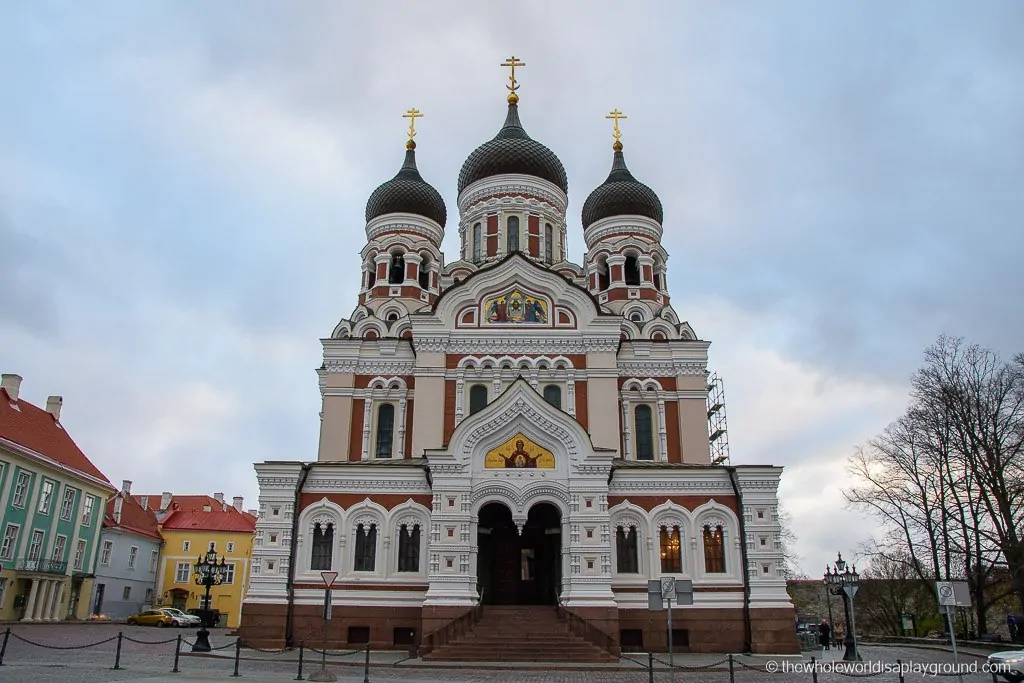
Ethiopia
- Tiya
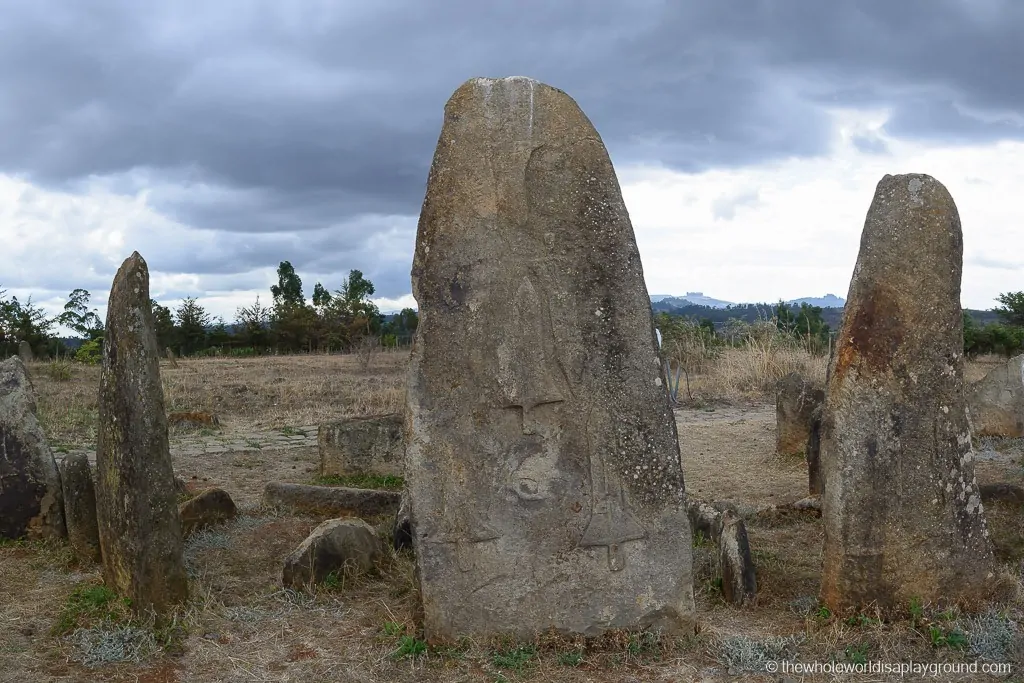
France
- Chartres Cathedral
- Mont-Saint-Michel and its Bay
- Palace and Park of Versailles
- Vézelay, Church and Hill
- Amiens Cathedral
- Cistercian Abbey of Fontenay
- Palace and Park of Fontainebleau
- Cathedral of Notre-Dame, Former Abbey of Saint-Rémi and Palace of Tau, Reims
- Paris, Banks of the Seine
- Bourges Cathedral
- The Loire Valley between Sully-sur-Loire and Chalonnes
- Provins, Town of Medieval Fairs
- Le Havre, the City Rebuilt by Auguste Perret
- Fortifications of Vauban
- Champagne Hillsides, Houses and Cellars
- The Architectural Work of Le Corbusier, an Outstanding Contribution to the Modern Movement
- Jurisdiction of Saint-Emilion
- Bordeaux, Port of the Moon
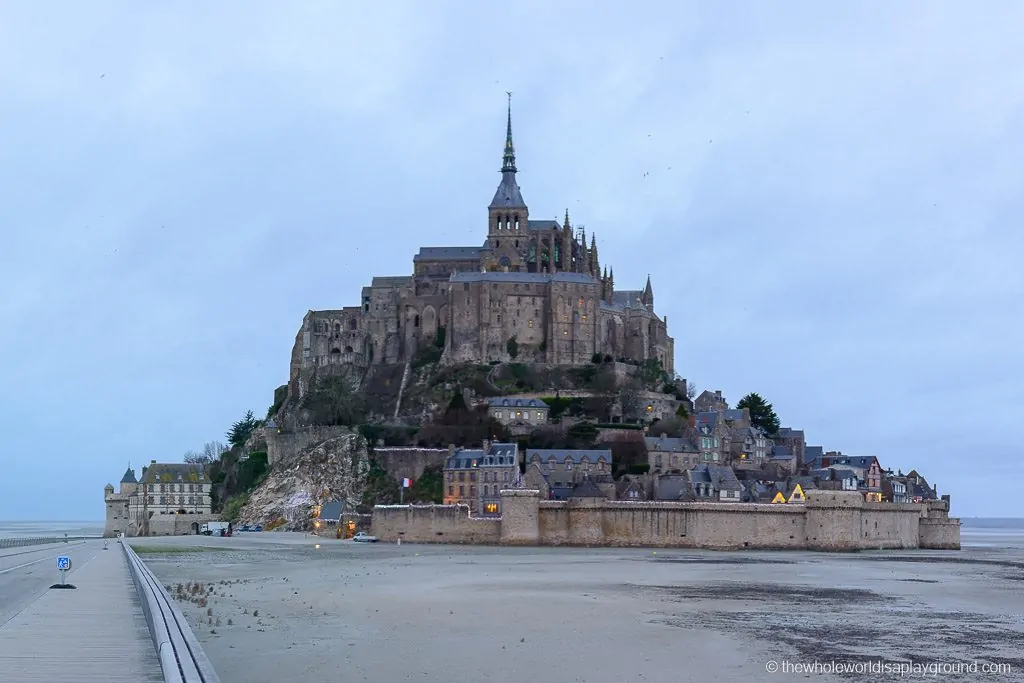
Georgia
- Gelati Monastery
- Historical Monuments of Mtskheta
- Upper Svaneti
Germany
- Aachen Cathedral
- Castles of Augustusburg and Falkenlust at Brühl
- Cologne Cathedral
- Museumsinsel (Museum Island), Berlin
- Abbey and Altenmünster of Lorsch
- Maulbronn Monastery Complex
- Monastic Island of Reichenau
- Muskauer Park / Park Mużakowski
- Pilgrimage Church of Wies
- Speyer Cathedral
- Town of Bamberg
- Würzburg Residence with the Court Gardens and Residence Square
- Messel Pit Fossil Site
- Old town of Regensburg with Stadtamhof
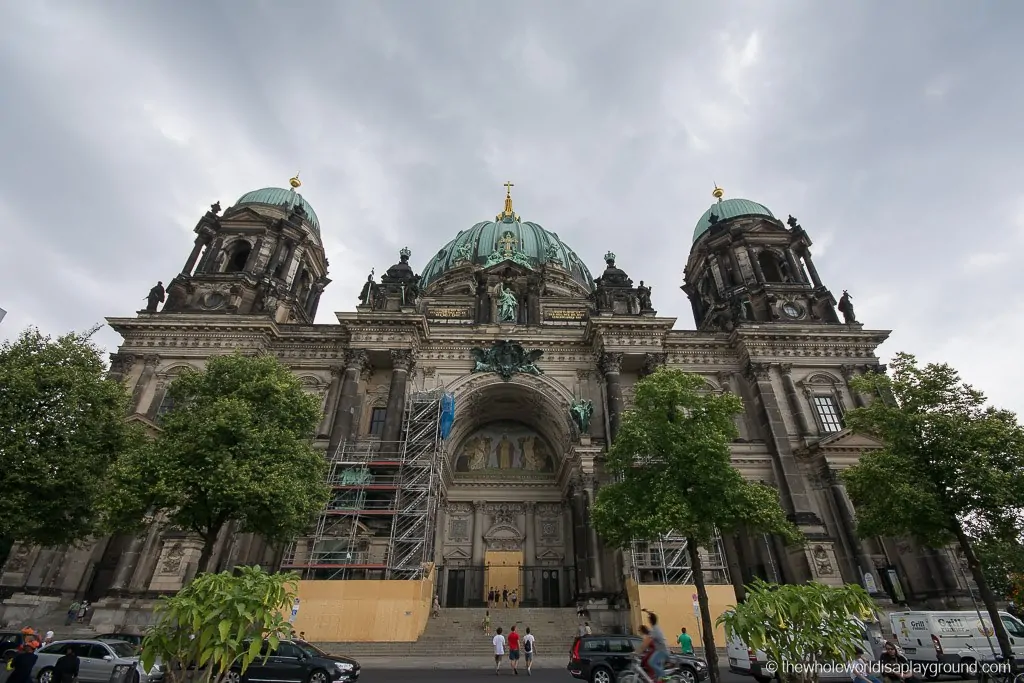
Greece
Check out our detailed guide to the Greece UNESCO sites here
- Temple of Apollo Epicurius at Bassae
- Acropolis, Athens
- Archaeological Site of Delphi
- Medieval City of Rhodes
- Meteora
- Mount Athos
- Paleochristian and Byzantine Monuments of Thessalonika
- Sanctuary of Asklepios at Epidaurus
- Archaeological Site of Mystras
- Archaeological Site of Olympia
- Monasteries of Daphni, Hosios Loukas and Nea Moni of Chios
- Archaeological Site of Aigai (modern name Vergina)
- Archaeological Sites of Mycenae and Tiryns
- Archaeological Site of Philippi
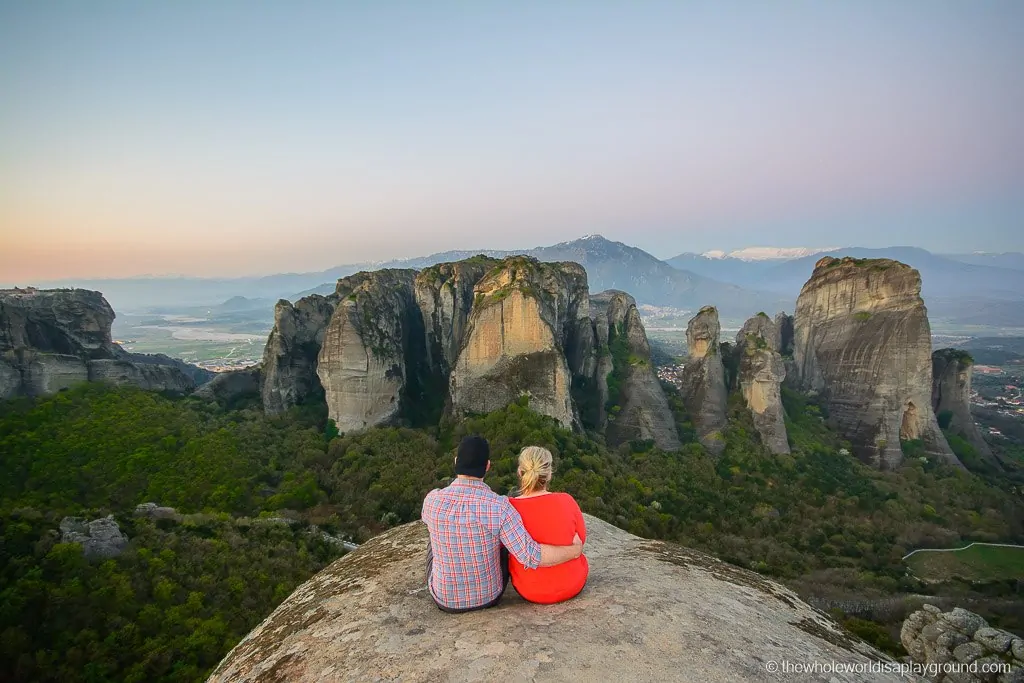
Holy See
- Vatican City
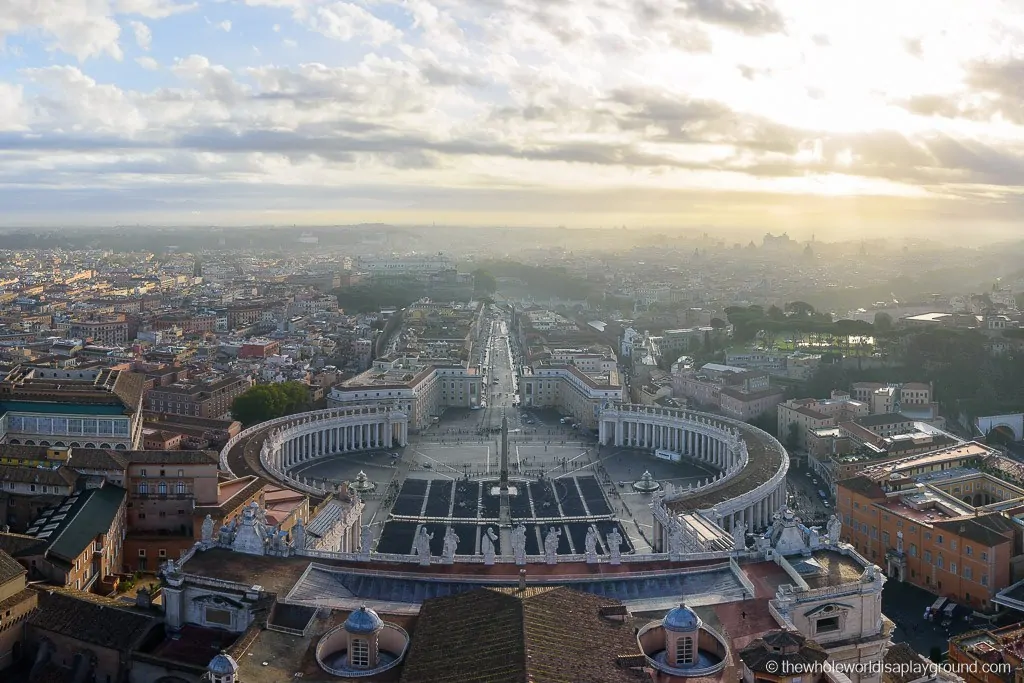
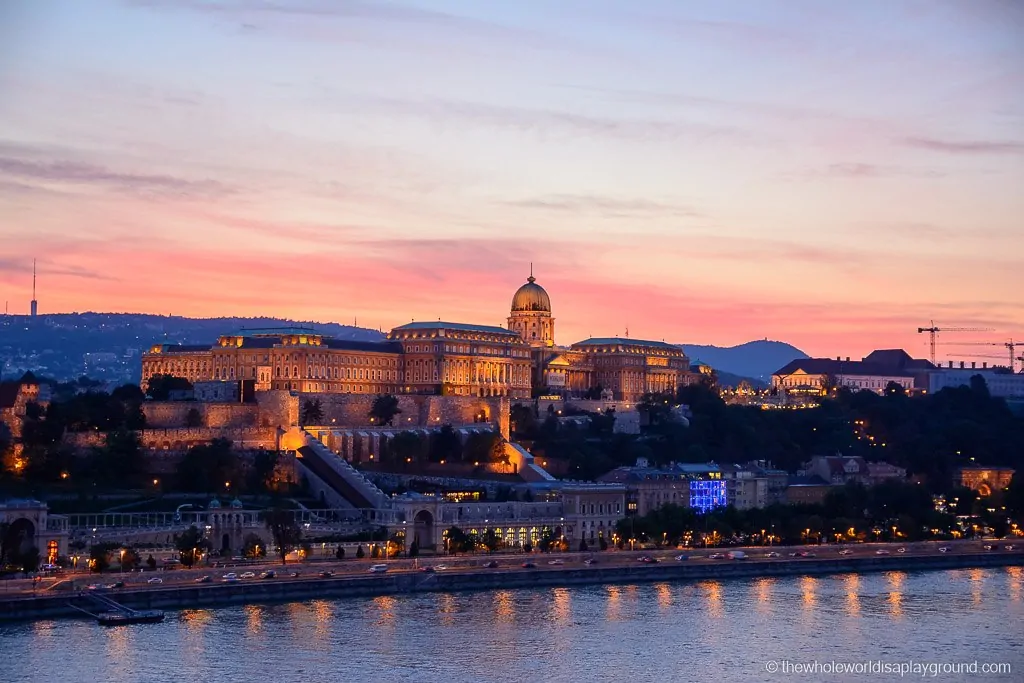
Ireland
Check out our detailed guide to the Ireland UNESCO sites here
- Brú na Bóinne – Archaeological Ensemble of the Bend of the Boyne
- Skellig Michael
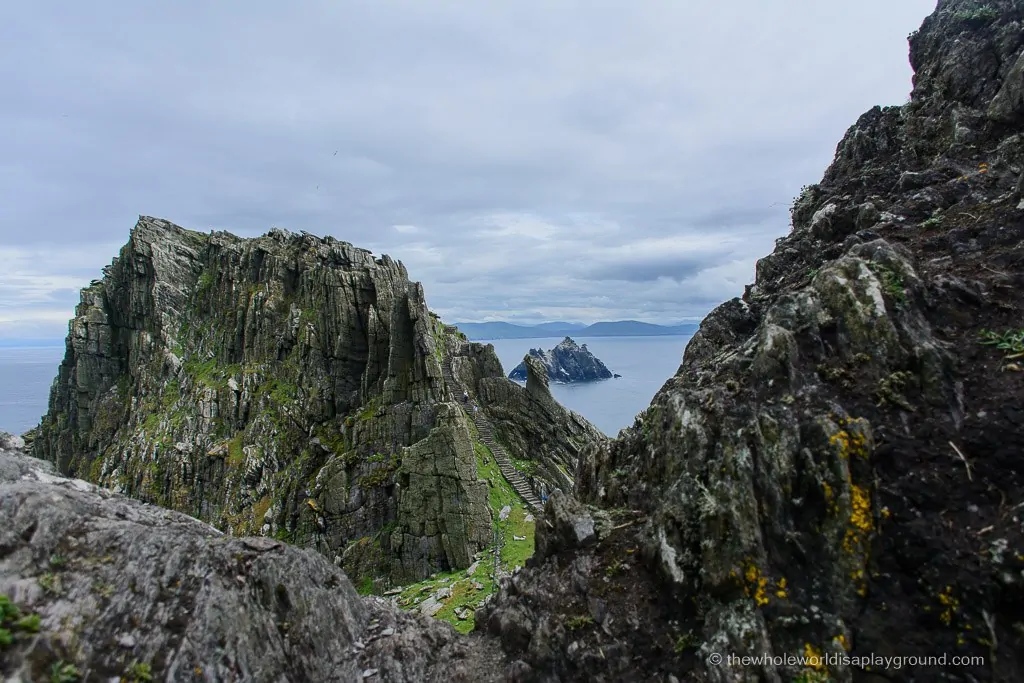
Israel
- Masada
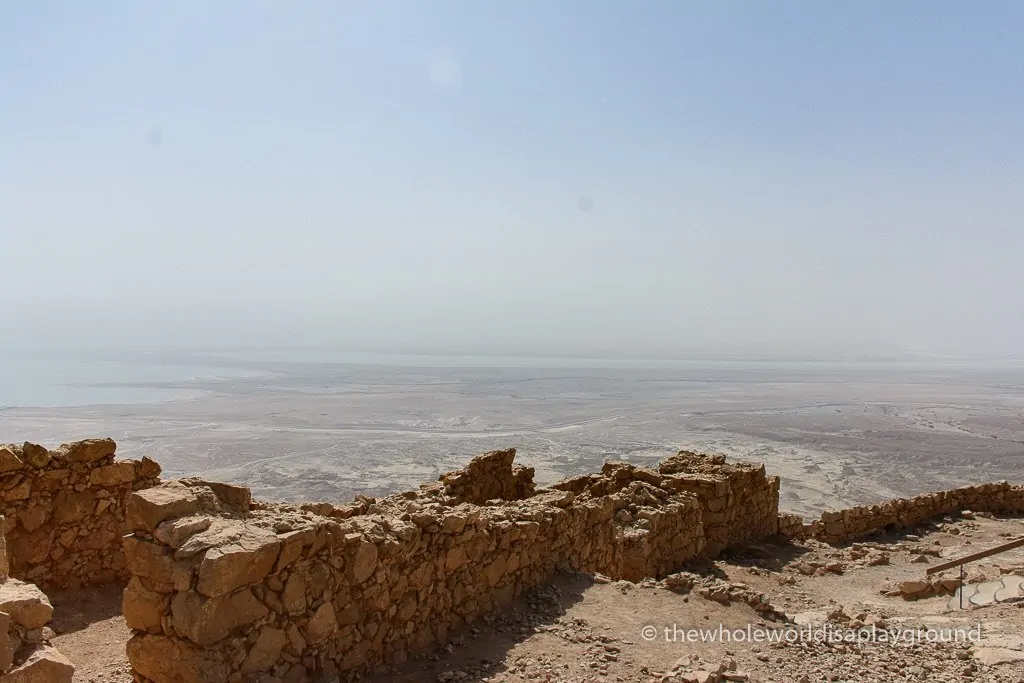
Italy
- Church and Dominican Convent of Santa Maria delle Grazie with “The Last Supper” by Leonardo da Vinci
- Historic Centre of Rome, the Properties of the Holy See in that City Enjoying Extraterritorial Rights and San Paolo Fuori le Mura
- Venice and its Lagoon
- City of Vicenza and the Palladian Villas of the Veneto
- Crespi d’Adda
- Archaeological Areas of Pompei, Herculaneum and Torre Annunziata
- Botanical Garden (Orto Botanico), Padua
- Costiera Amalfitana
- Villa Adriana (Tivoli)
- City of Verona
- Villa d’Este, Tivoli
- Longobards in Italy. Places of the power (568-774 A.D.)
- Archaeological Area and the Patriarchal Basilica of Aquileia
- Piazza del Duomo, Pisa
- Historic Center of Florence
- Historic Center of Siena
- Val D’Orcia
- Historic Centre of the City of Pienza
- Residences of the Royal House of Savoy
- Medici Villas and Gardens in Tuscany
- Historic Centre of San Gimignano
- Portovenere, Cinque Terre, and the Islands (Palmaria, Tino and Tinetto)
- Archaeological Area of Agrigento
- Villa Romana del Casale
- Late Baroque Towns of the Val di Noto (South-Eastern Sicily)
- Syracuse and the Rocky Necropolis of Pantalica
- Mount Etna
- Arab-Norman Palermo and the Cathedral Churches of Cefalú and Monreale
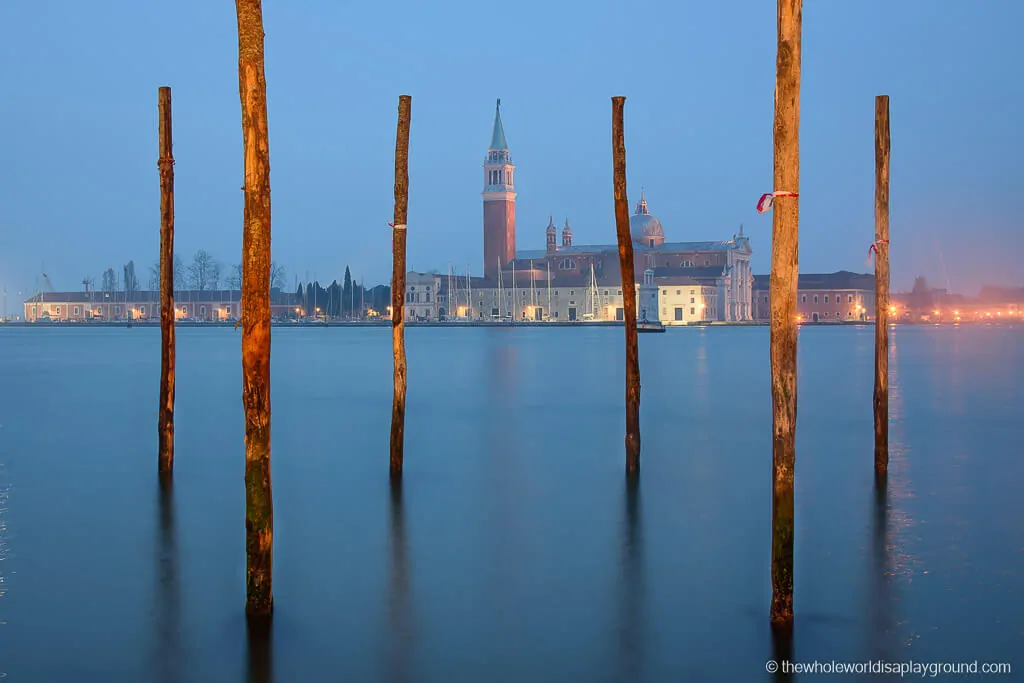
Japan
- Buddhist Monuments in the Horyu-ji Area
- Himeji-jo
- Historic Monuments of Ancient Kyoto (Kyoto, Uji and Otsu Cities)
- Historic Villages of Shirakawa-go and Gokayama
- Hiroshima Peace Memorial (Genbaku Dome)
- Itsukushima Shinto Shrine
- Historic Monuments of Ancient Nara
- Shrines and Temples of Nikko
- Sacred Sites and Pilgrimage Routes in the Kii Mountain Range
- Fujisan, sacred place and source of artistic inspiration
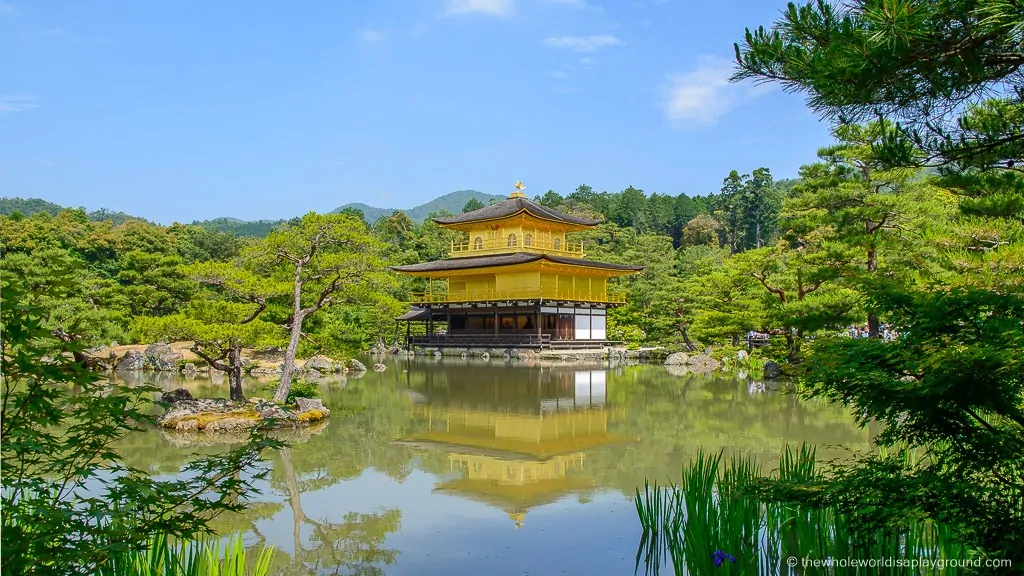
Jerusalem (Site proposed by Jordan)
- Old City of Jerusalem and its Walls
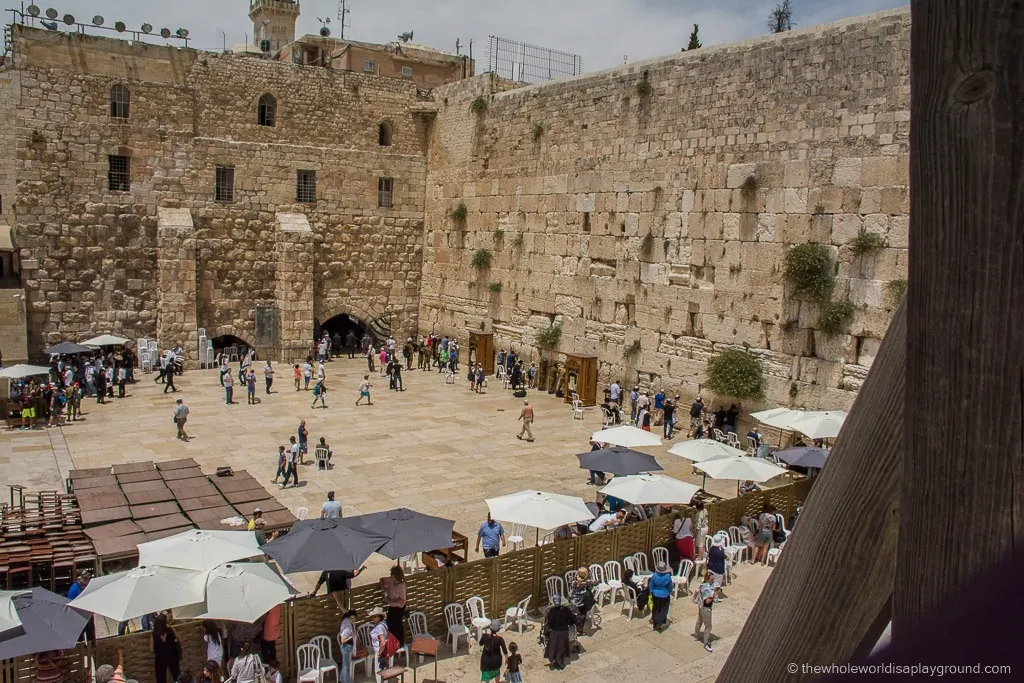
Jordan
- Petra
- Quseir Amra
- Um er-Rasas (Kastrom Mefa’a)
- Wadi Rum Protected Area
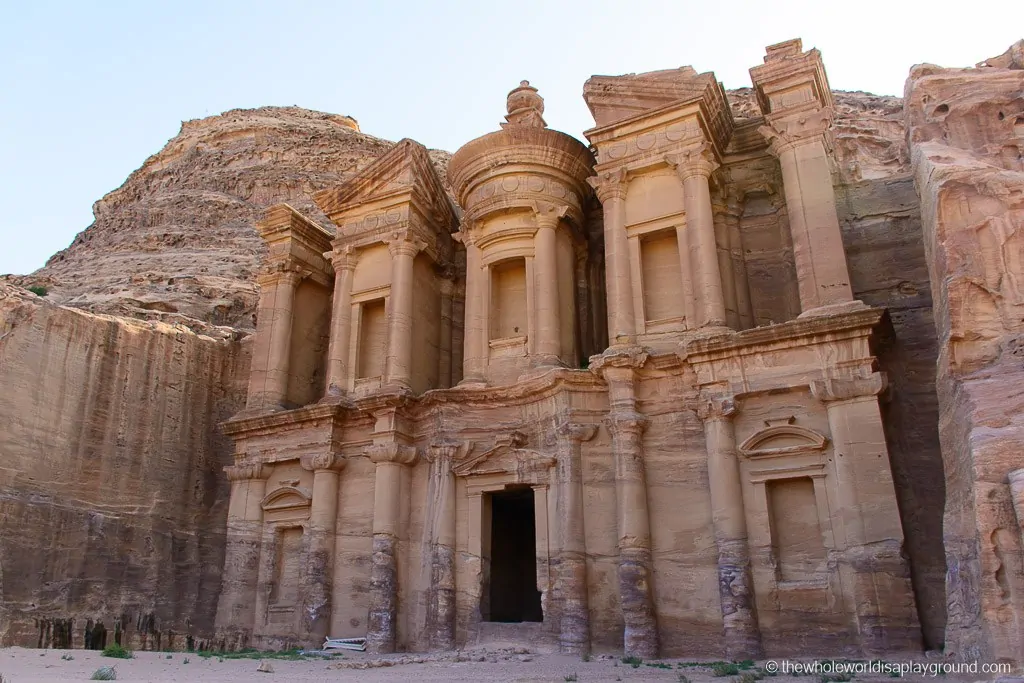
Latvia
- Historic Centre of Riga
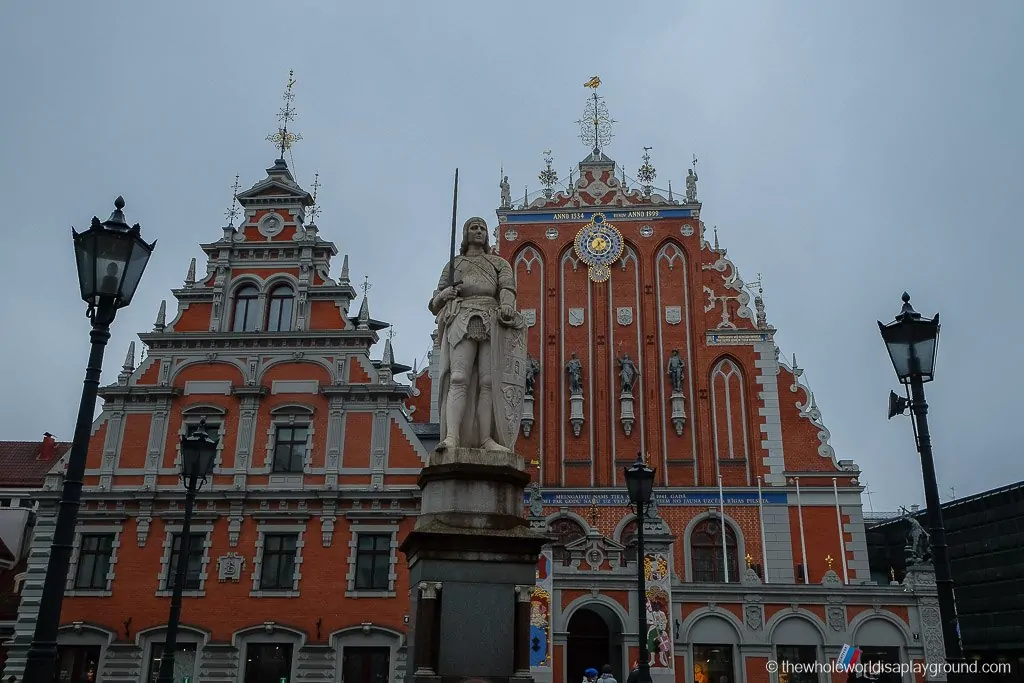
Lesotho
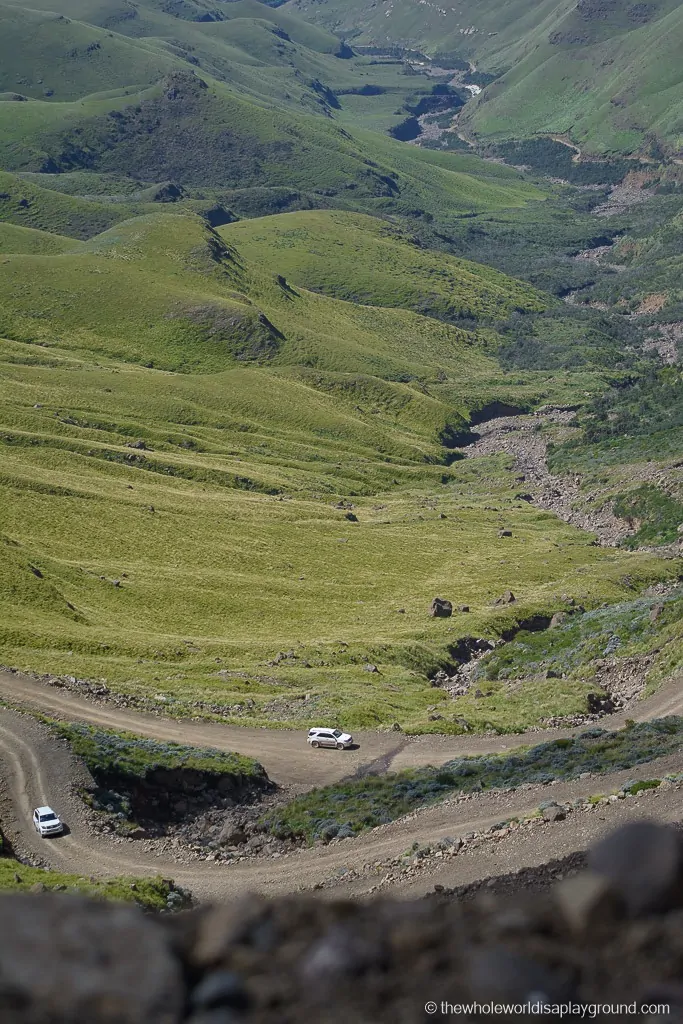
Lithuania
- Vilnius Historic Centre
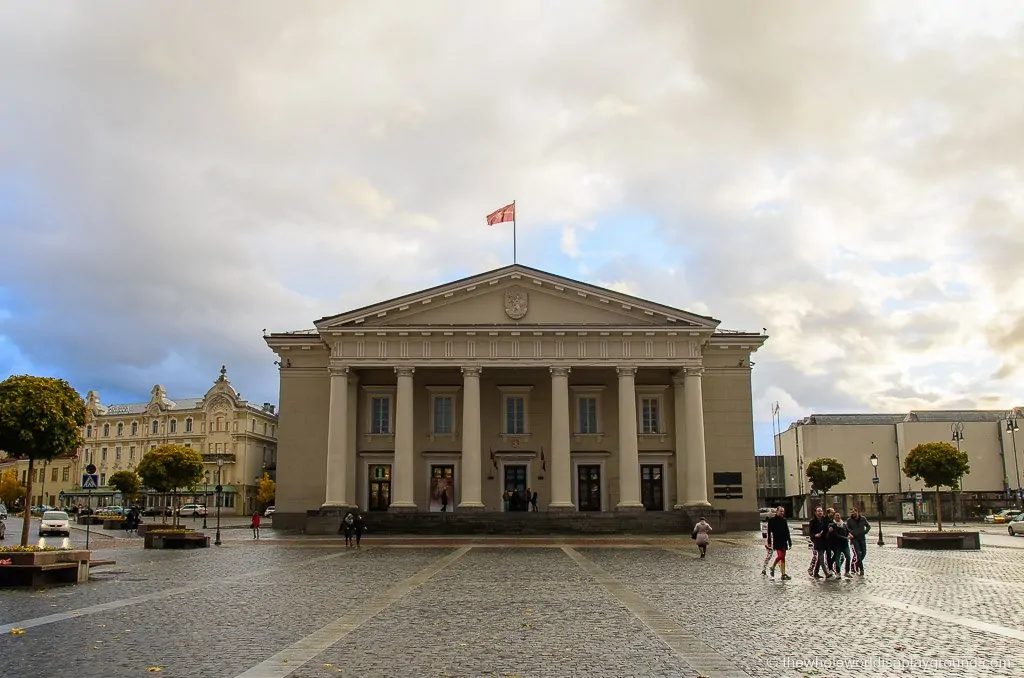
Malta
- City of Valletta
- Megalithic Temples of Malta
- Ħal Saflieni Hypogeum
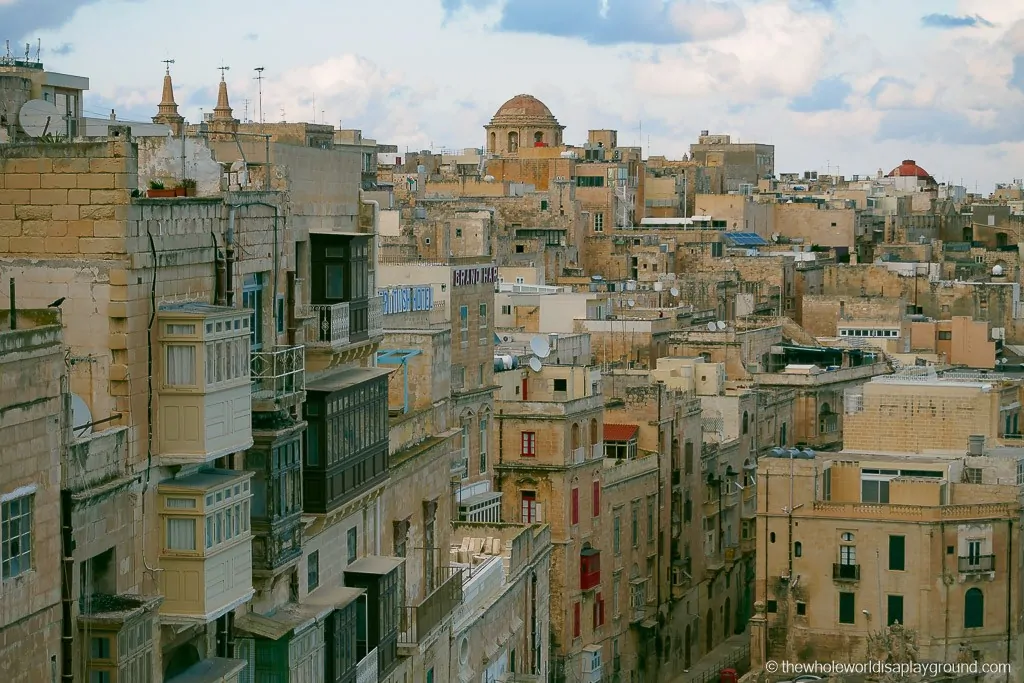
Mexico
- Historic Centre of Mexico City and Xochimilco
- Pre-Hispanic City of Teotihuacan
- Sian Kh’an
- Chichen Itza
- Pre-Hispanic Town of Uxmal
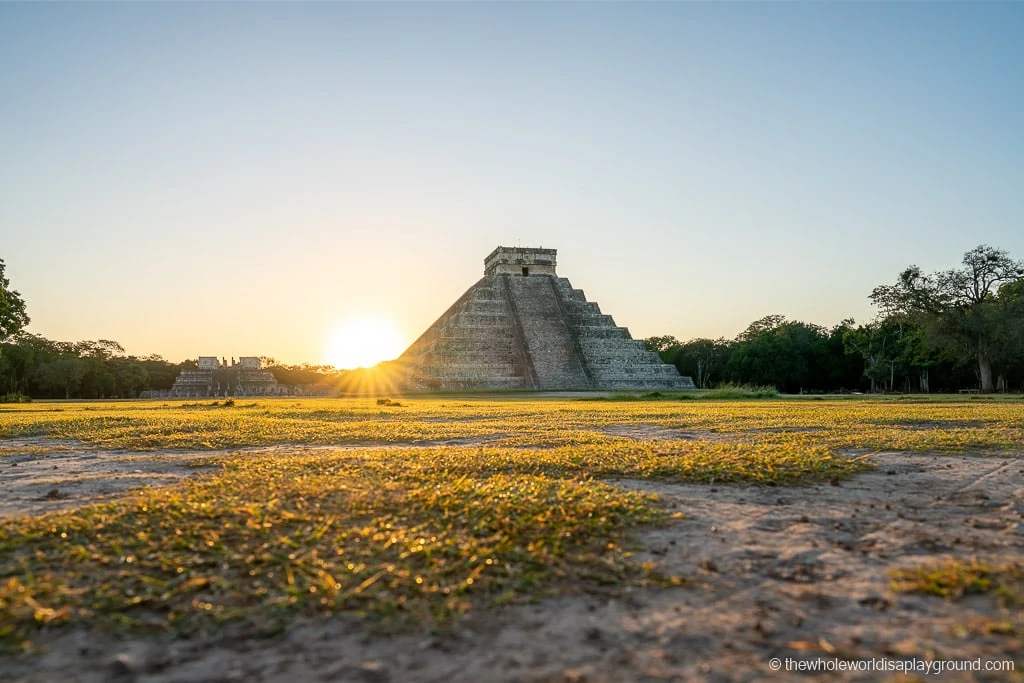
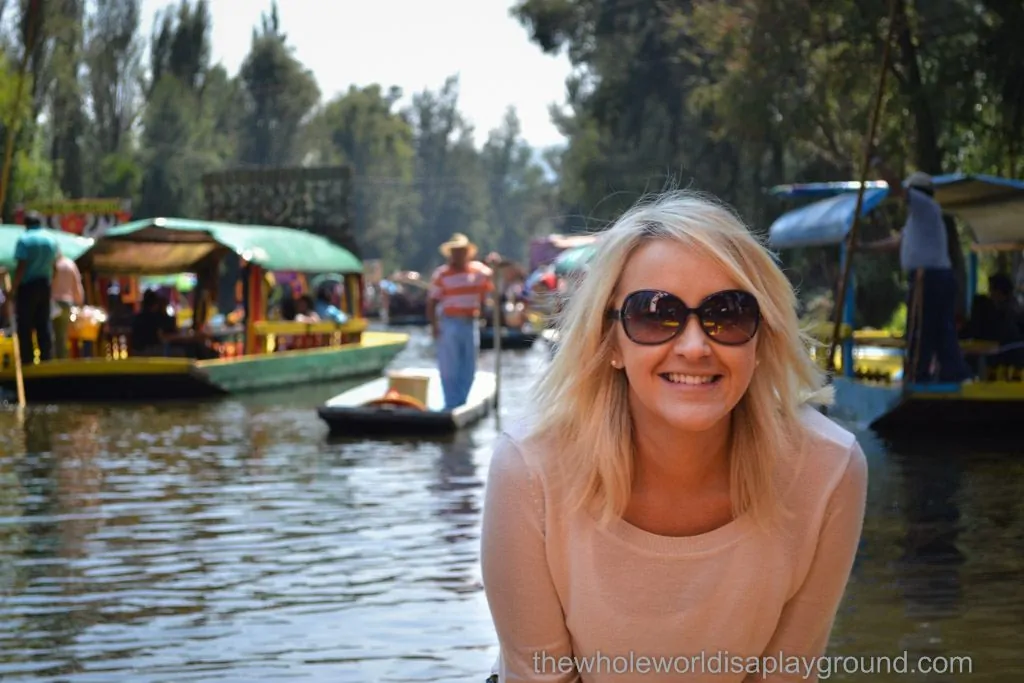
Montenegro
- Natural and Culturo-Historical Region of Kotor
- Durmitor National Park
- Venetian Works of Defence between the 16th and 17th Centuries: Stato da Terra – Western Stato da Mar
Morocco
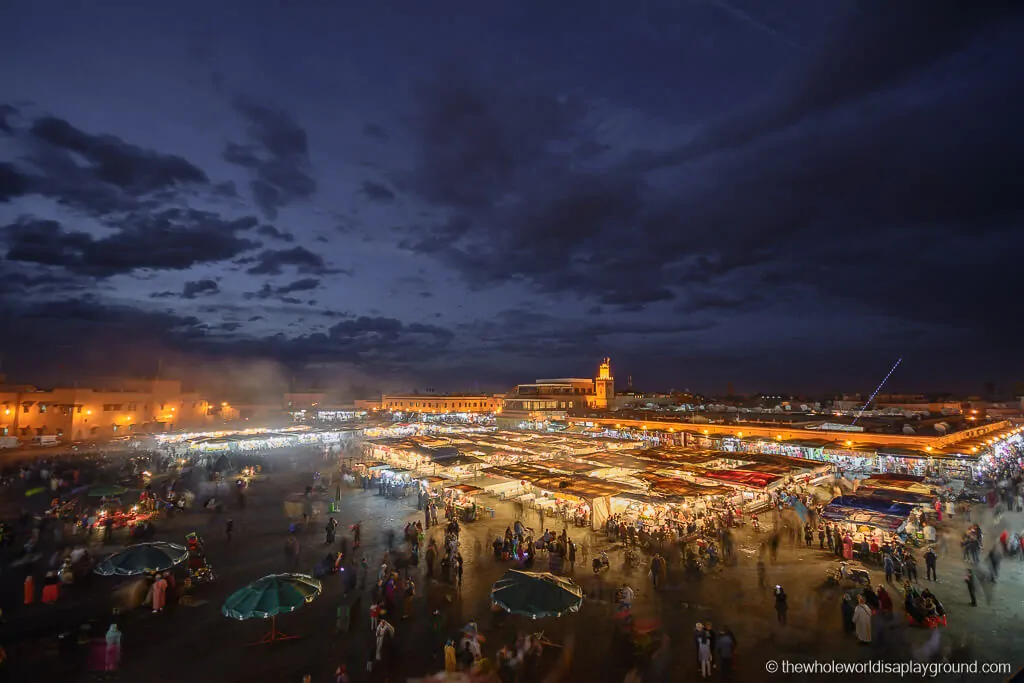
Namibia
- Namib Sand Sea
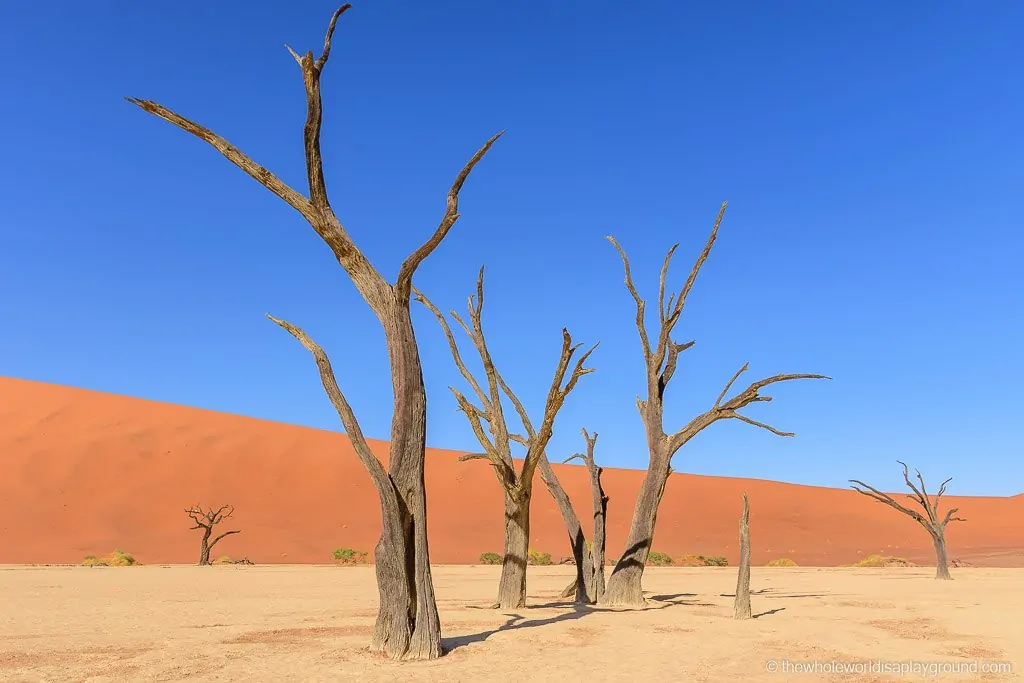
Netherlands
- Historic Area of Willemstad, Inner City and Harbour, Curaçao
- Seventeenth-Century Canal Ring Area of Amsterdam inside the Singelgracht
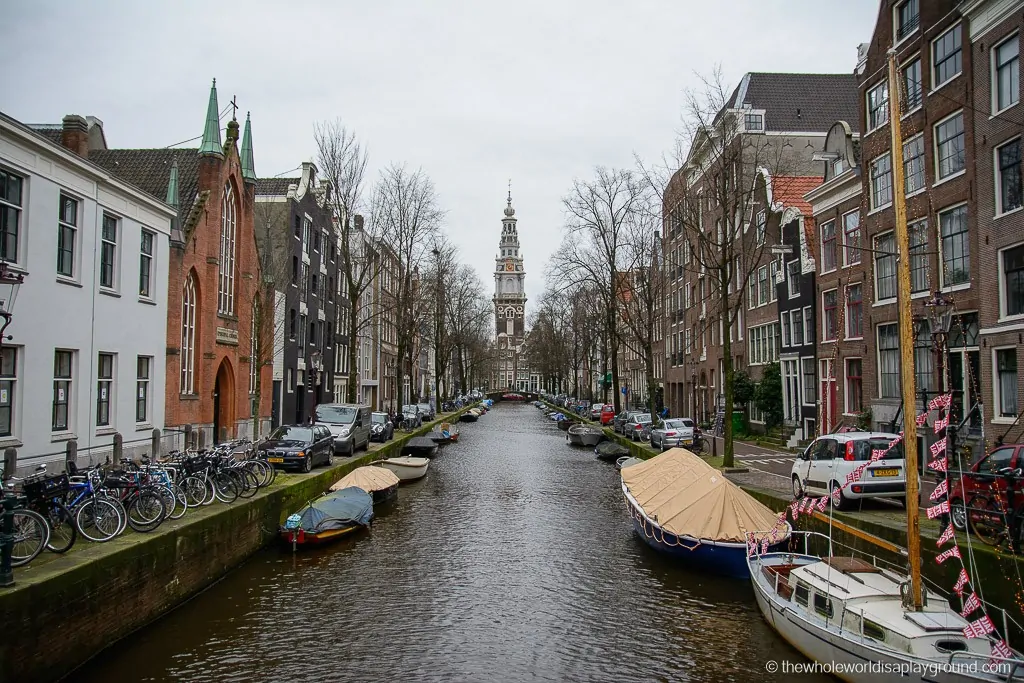
New Zealand
- Te Wahipounamu – South West New Zealand
- Tongariro National Park
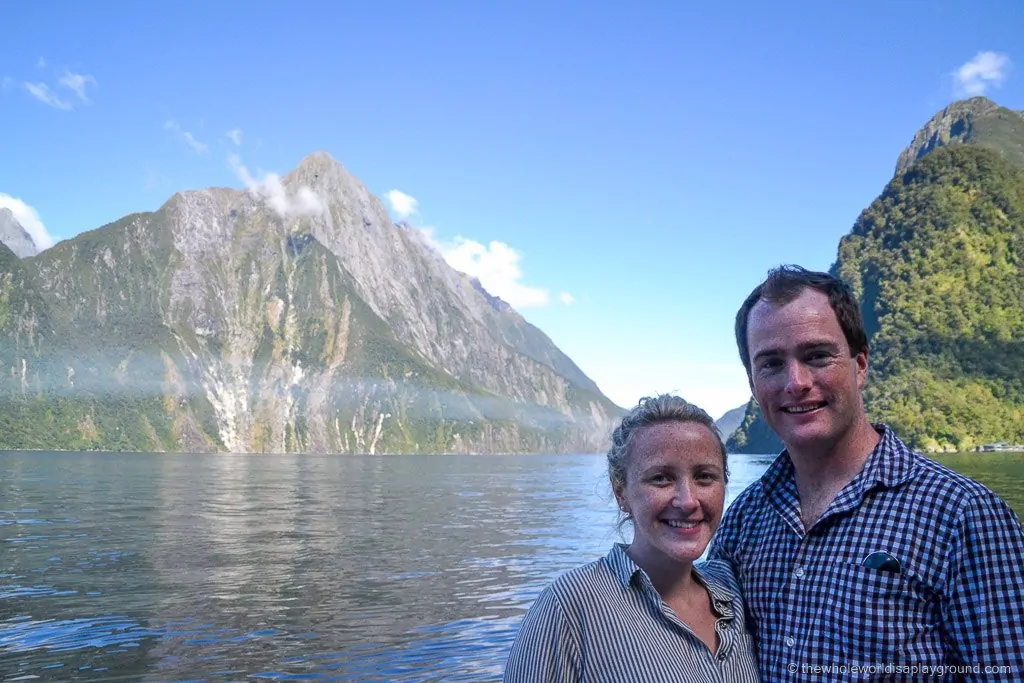
Norway
Check out our detailed guide to the UNESCO sites in Norway here
- Bryggen
- Urnes Stave Church
- Røros Mining Town and the Circumference
- Vegaøyan – The Vega Archipelago
- West Norwegian Fjords – Geirangerfjord and Nærøyfjord
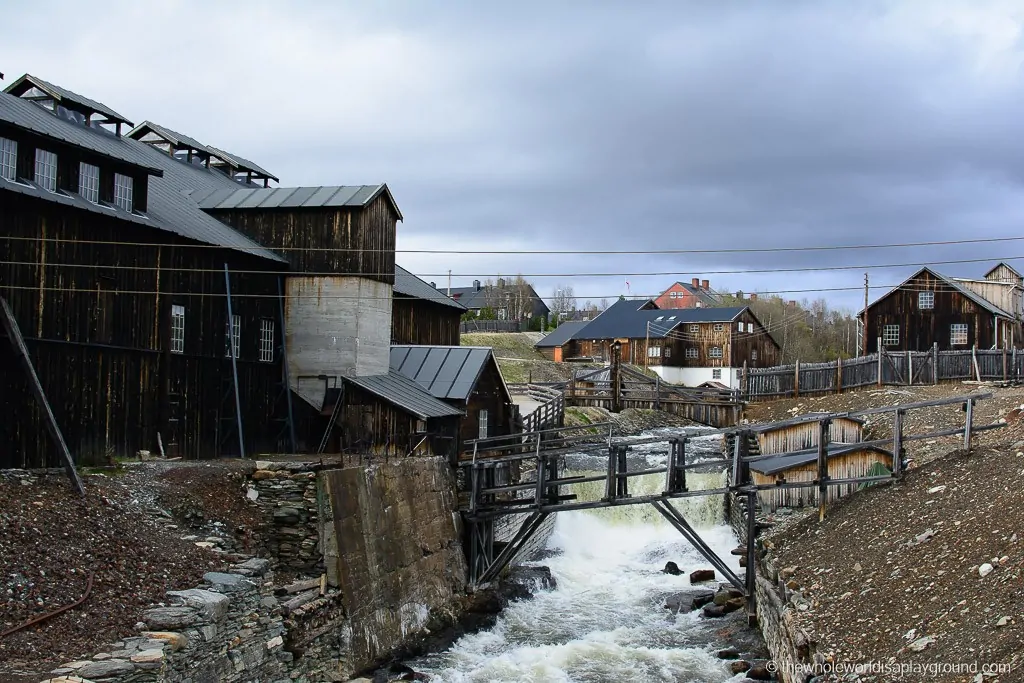
Oman
- Aflaj Irrigation Systems of Oman
- Ancient City of Qalhat
- Archaeological Sites of Bat, Al-Khutm and Al-Ayn
- Bahla Fort
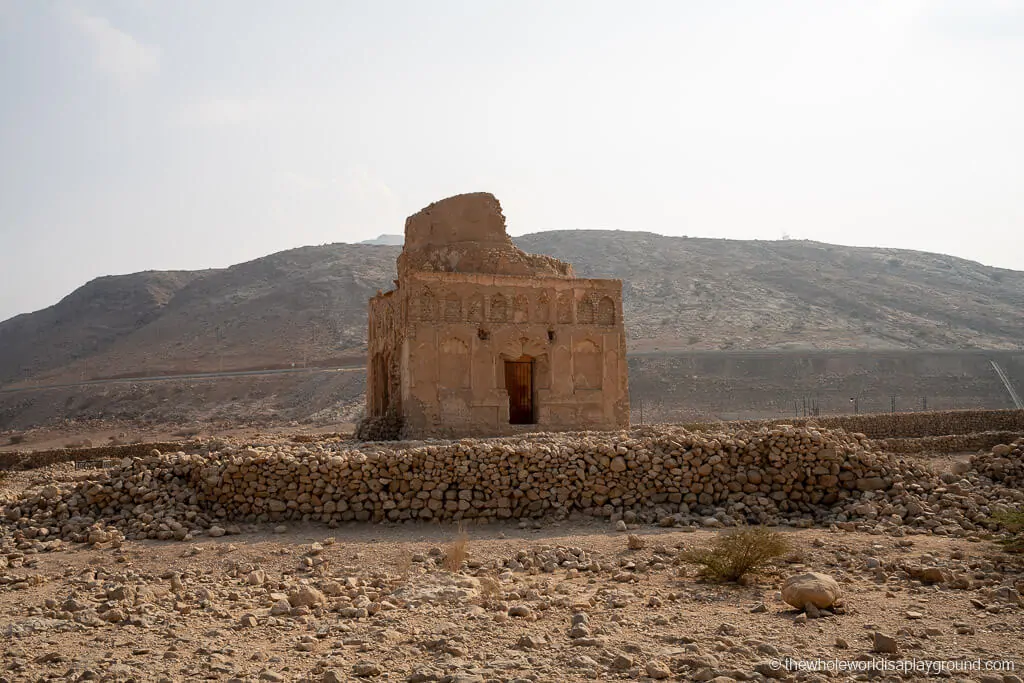
Palestine
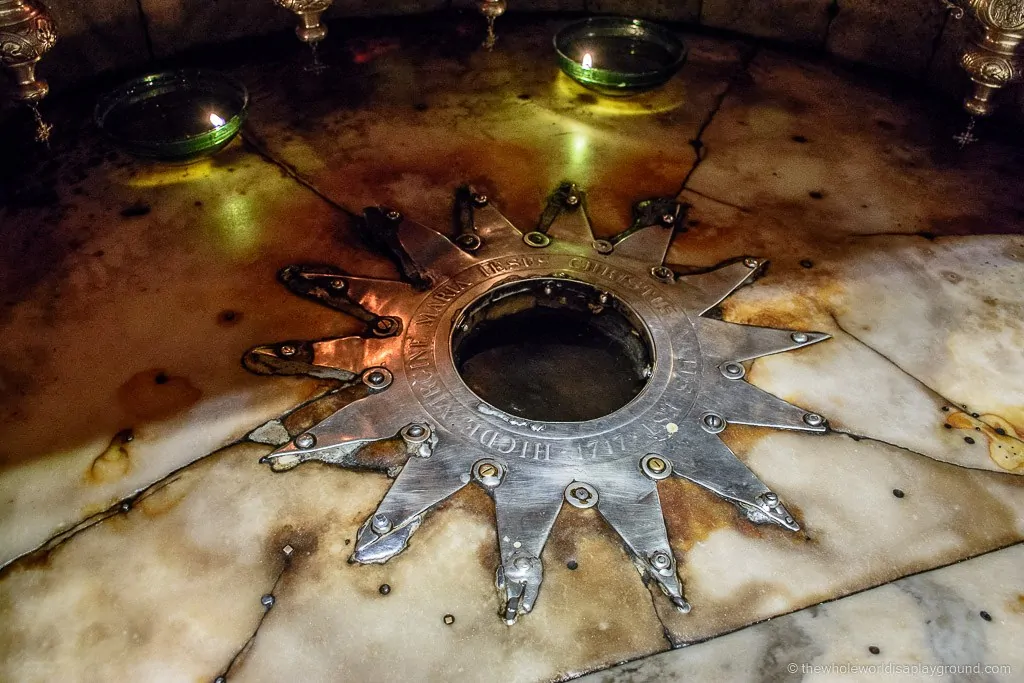
Poland
- Historic Centre of Kraków
- Wieliczka and Bochnia Royal Salt Mines
- Auschwitz Birkenau
- Kalwaria Zebrzydowska: the Mannerist Architectural and Park Landscape Complex and Pilgrimage Park
- Wooden Churches of Southern Małopolska
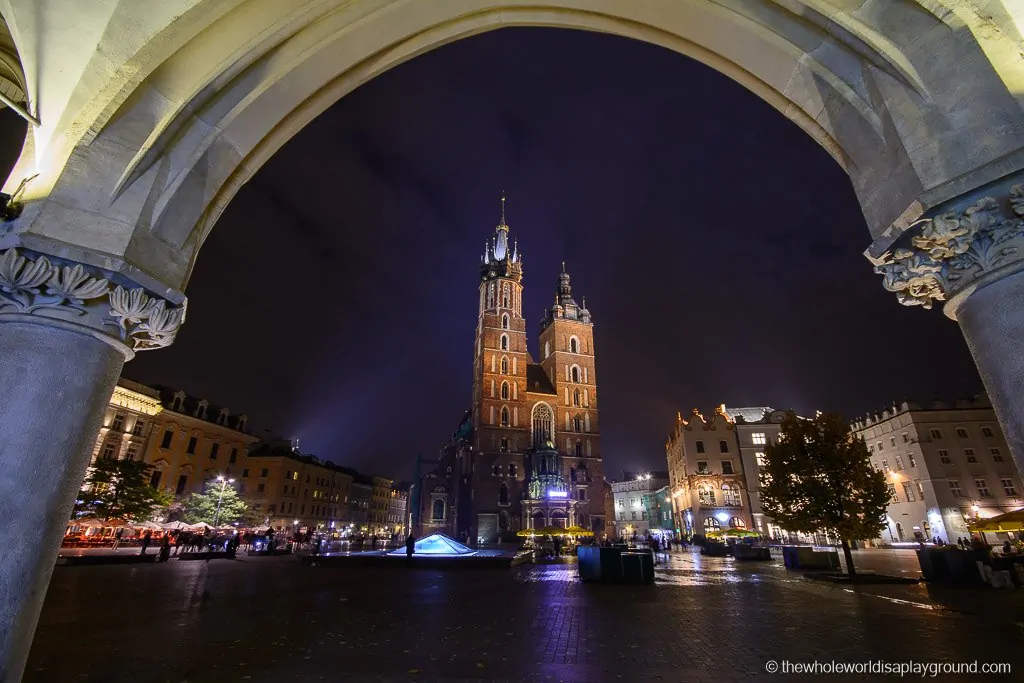
Portugal
Check out our detailed guide to the Portugal UNESCO sites here
- Monastery of Batalha
- Monastery of the Hieronymites and Tower of Belém in Lisbon
- Historic Centre of Évora
- Monastery of Alcobaça
- Cultural Landscape of Sintra
- Historic Centre of Oporto, Luiz I Bridge and Monastery of Serra do Pilar
- University of Coimbra – Alta and Sofia
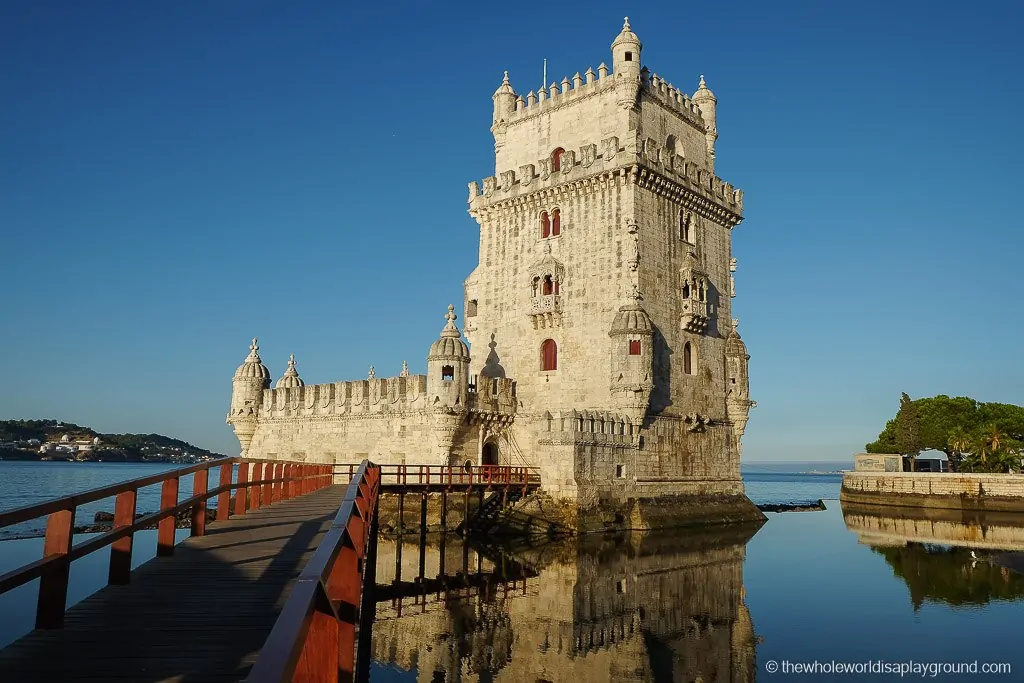
Republic of Korea
- Baekje Historic Areas
- Changdeokgung Palace Complex
- Gochang, Hwasun and Ganghwa Dolmen Sites
- Gyeongju Historic Areas
- Haeinsa Temple Janggyeong Panjeon, the Depositories for the Tripitaka Koreana Woodblocks
- Hwaseong Fortress
- Jongmyo Shrine
- Namhansanseong
- Sansa, Buddhist Mountain Monasteries in Korea
- Seokguram Grotto and Bulguksa Temple
- Jeju Volcanic Island and Lava Tubes
- Historic Villages of Korea: Hahoe and Yangdong
- Royal Tombs of the Joseon Dynasty
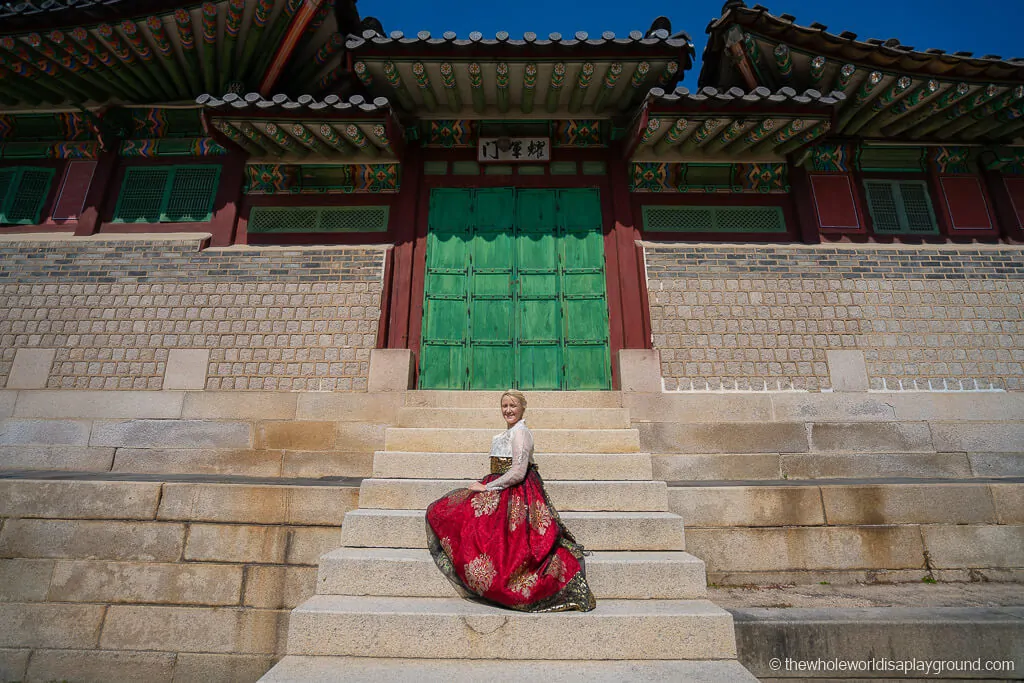
Romania
- Monastery of Horezu
- Villages with Fortified Churches in Transylvania
- Historic Centre of Sighişoara
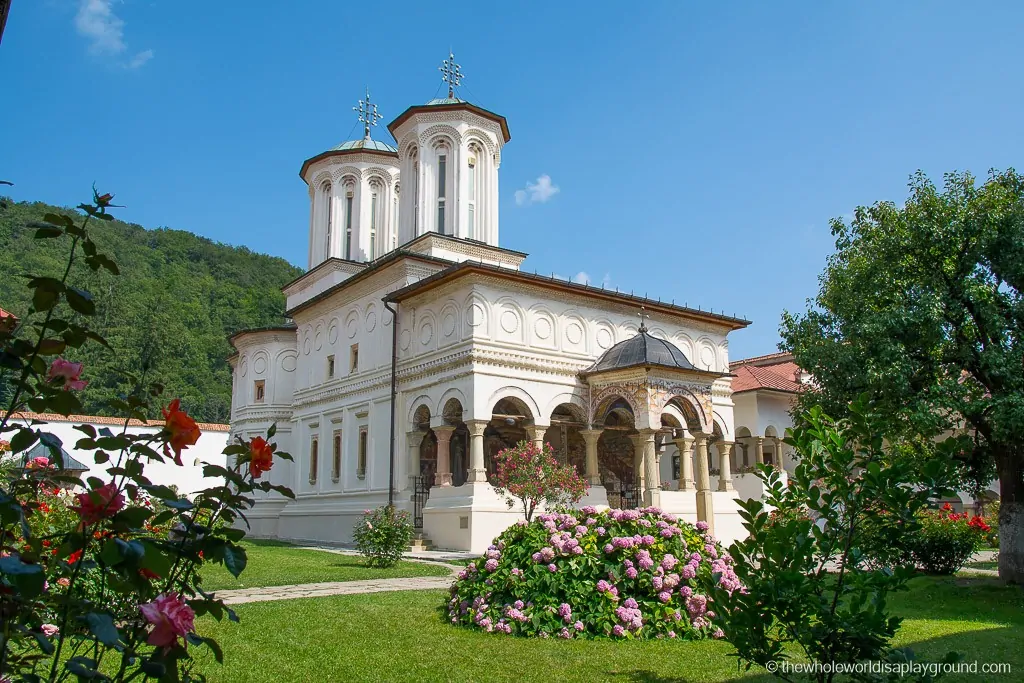
San Marino
- San Marino Historic Centre and Mount Titano
Slovakia
- Vlkolínec
- Wooden Churches of the Slovak part of the Carpathian Mountain Area
Slovenia
- Škocjan Caves
- Heritage of Mercury, Almadén and Idrija
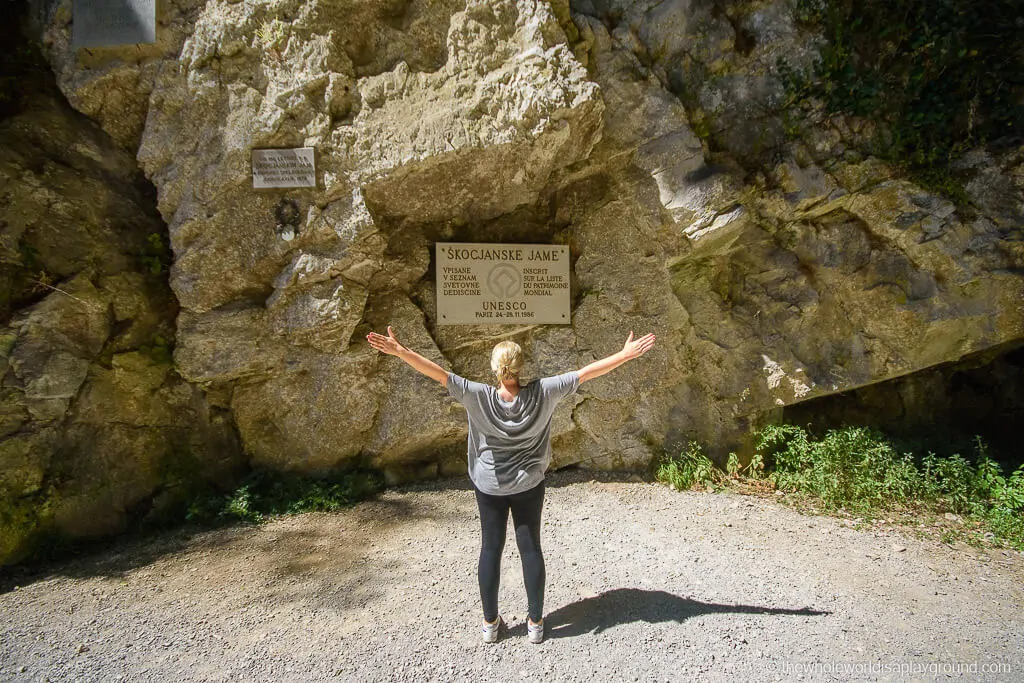
South Africa
Check out our detailed guide to the South Africa UNESCO sites here
- Fossil Hominid Sites of South Africa
- iSimangaliso Wetland Park
- Cape Floral Region Protected Areas
- Maloti-Drakensberg Park
- Robben Island
- Vredefort Dome
- Richtersveld Cultural and Botanical Landscape
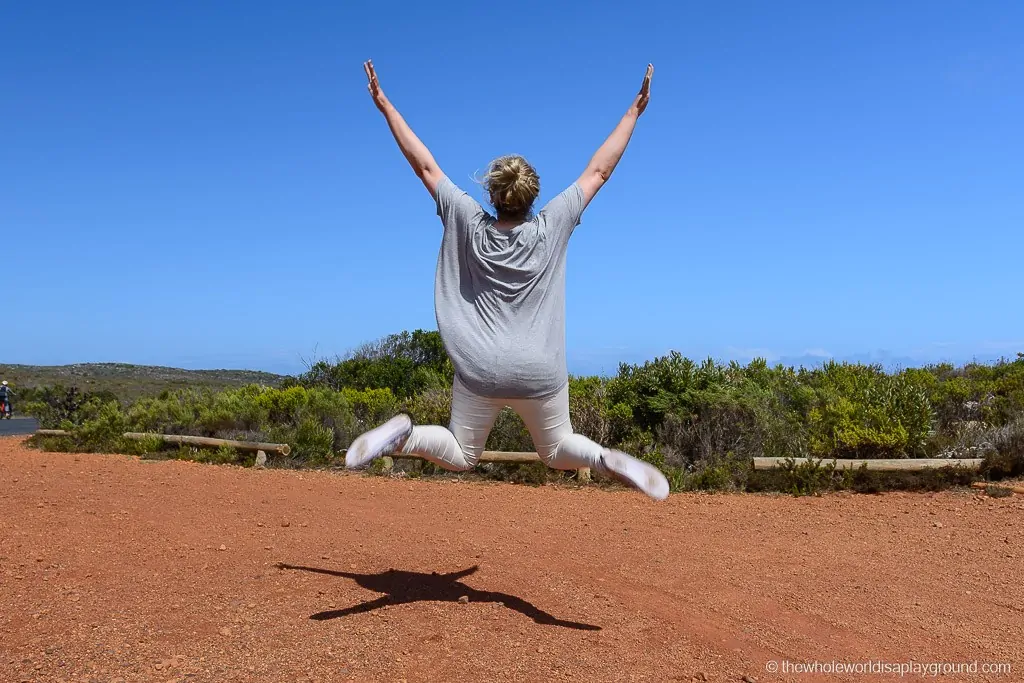
Spain
- Burgos Cathedral
- Monastery and Site of the Escurial, Madrid
- Works of Antoni Gaudí
- Cave of Altamira and Paleolithic Cave Art of Northern Spain
- Monuments of Oviedo and the Kingdom of the Asturias
- Old Town of Ávila with its Extra-Muros Churches
- Old Town of Segovia and its Aqueduct
- Santiago de Compostela (Old Town)
- Old City of Salamanca
- Poblet Monastery
- Routes of Santiago de Compostela: Camino Francés and Routes of Northern Spain
- Las Médulas
- Palau de la Música Catalana and Hospital de Sant Pau, Barcelona
- San Millán Yuso and Suso Monasteries
- University and Historic Precinct of Alcalá de Henares
- Archaeological Ensemble of Tárraco
- Archaeological Site of Atapuerca
- Roman Walls of Lugo
- Aranjuez Cultural Landscape
- Vizcaya Bridge
- Tower of Hercules
- Historic City of Toledo
- Alhambra, Generalife and Albayzín, Granada
- Antequera Dolmens Site
- Historic Centre of Cordoba
- Cathedral, Alcázar and Archivo de Indias in Seville
- Caliphate City of Medina Azahara
- Renaissance Monumental Ensembles of Úbeda and Baeza
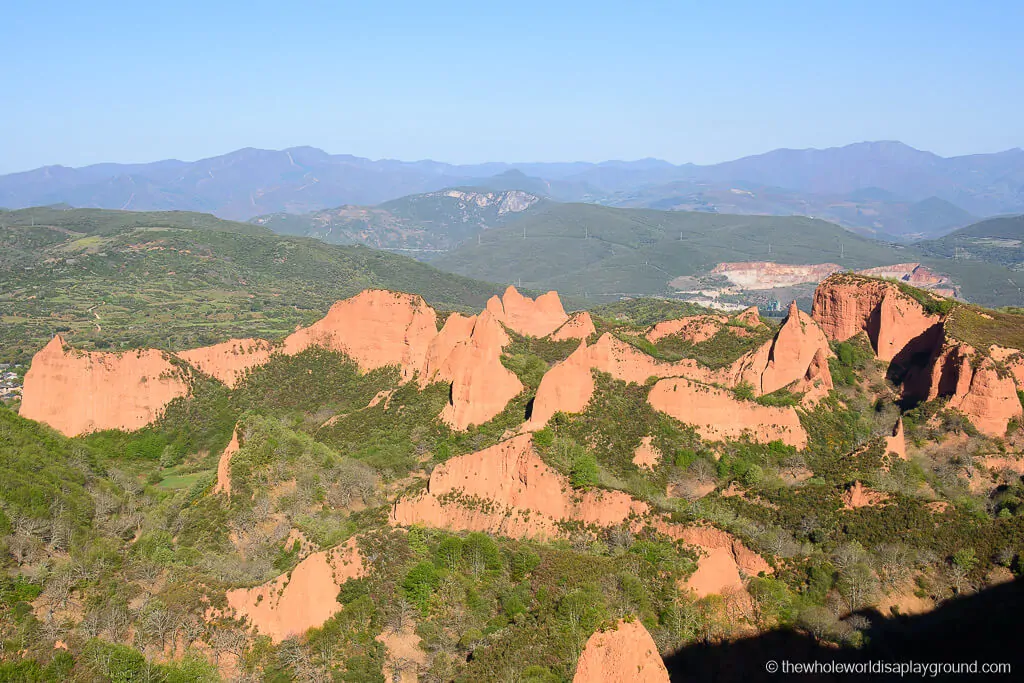

Turkey
- Historic Areas of Istanbul
- Aphrodisias
- Archaeological Site of Troy
- Bursa and Cumalıkızık: the Birth of the Ottoman Empire
- City of Safranbolu
- Ephesus
- Hattusha: the Hittite Capital
- Neolithic Site of Çatalhöyük
- Pergamon and its Multi-Layered Cultural Landscape
- Xanthos-Letoon
- Göreme National Park and the Rock Sites of Cappadocia
- Hierapolis-Pamukkale
United Arab Emirates
- Cultural Sites of Al Ain (Hafit, Hili, Bidaa Bint Saud and Oases Areas)
United Kingdom of Great Britain and Northern Ireland
Check out our detailed guide to the United Kingdom of Great Britain and Northern Ireland UNESCO sites here
- Giant’s Causeway and Causeway Coast
- Stonehenge, Avebury and Associated Sites
- Frontiers of the Roman Empire
- Palace of Westminster and Westminster Abbey including Saint Margaret’s Church
- Tower of London
- Old and New Towns of Edinburgh
- Maritime Greenwich
- New Lanark
- The Forth Bridge
- Blaenavon Industrial Landscape
- Blenheim Palace
- Castles and Town Walls of King Edward in Gwynedd
- City of Bath
- Pontcysyllte Aqueduct and Canal
- Ironbridge Gorge
- Dorset and East Devon Coast
- Cornwall and West Devon Mining Landscape
- Canterbury Cathedral, St Augustine’s Abbey, and St Martin’s Church
- Jordell Bank Observatory
- Liverpool – Maritime Mercantile City
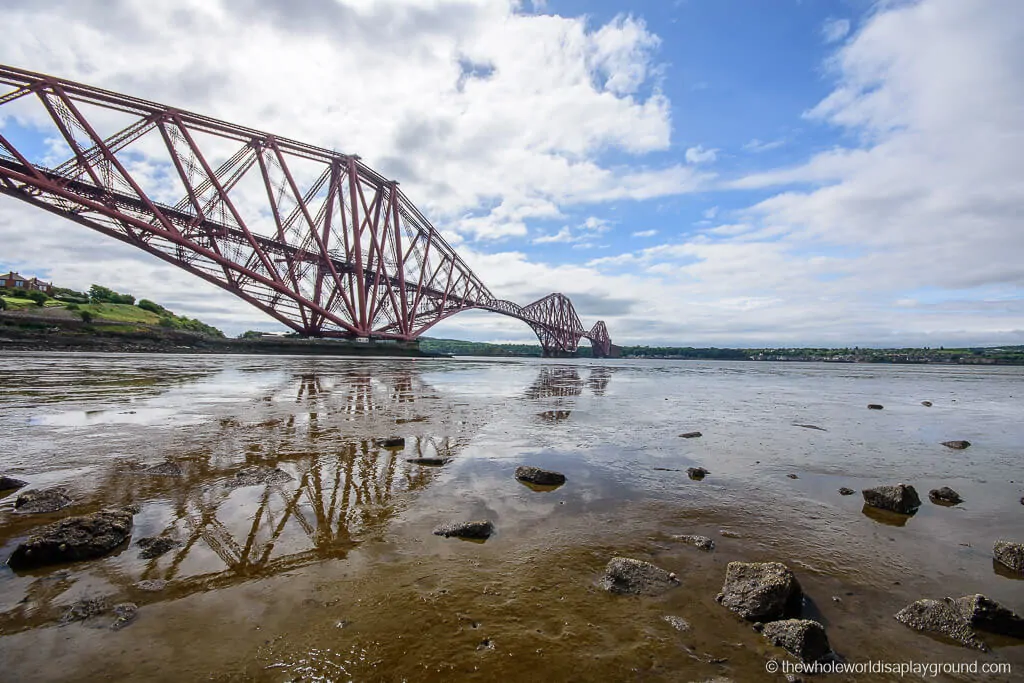
United States of America
- Everglades National Park
- Grand Canyon National Park
- Independence Hall
- Statue of Liberty
- Yosemite National Park
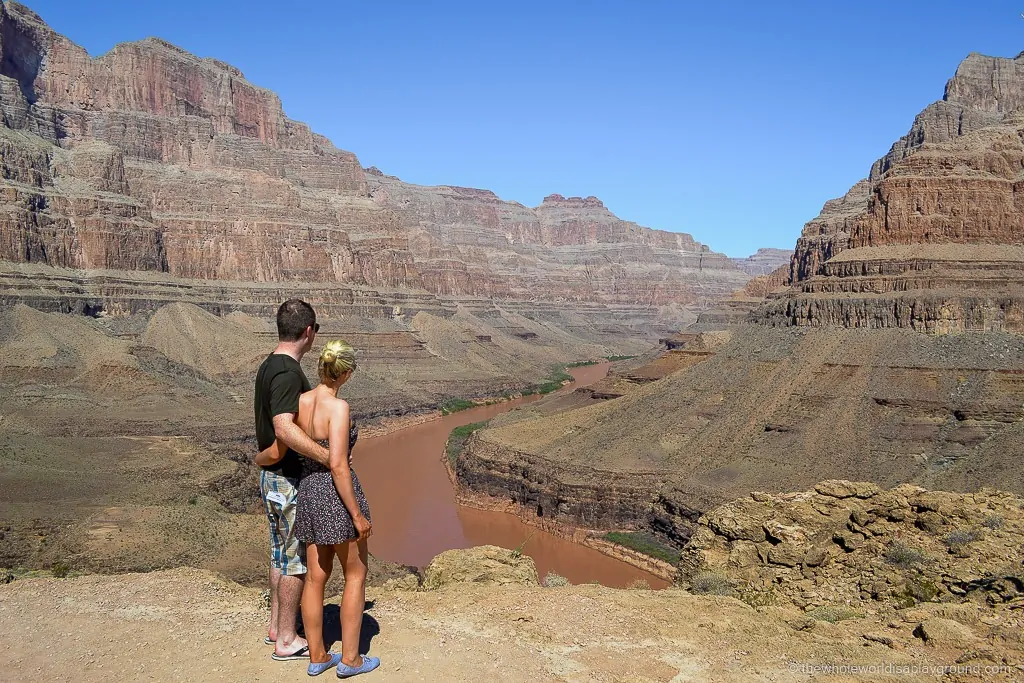
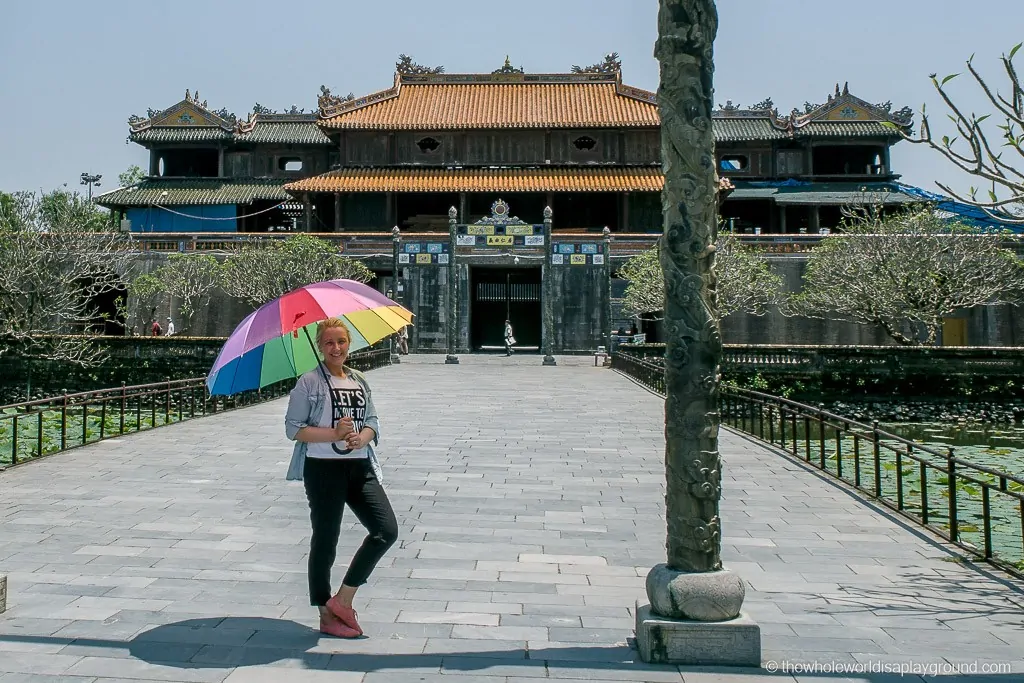
Zambia/ Zimbabwe
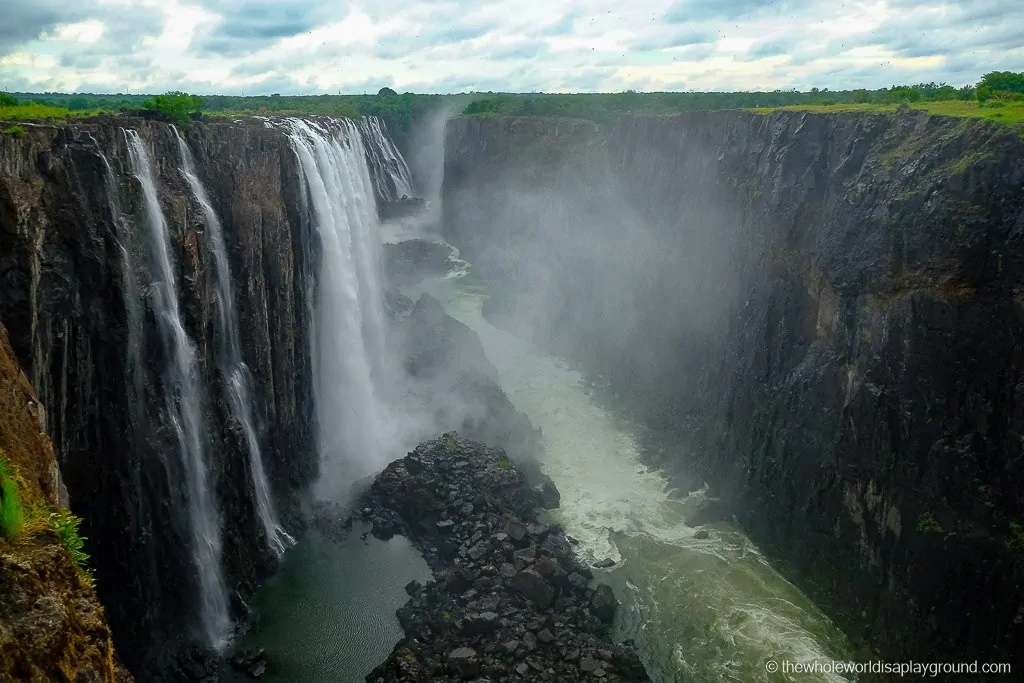
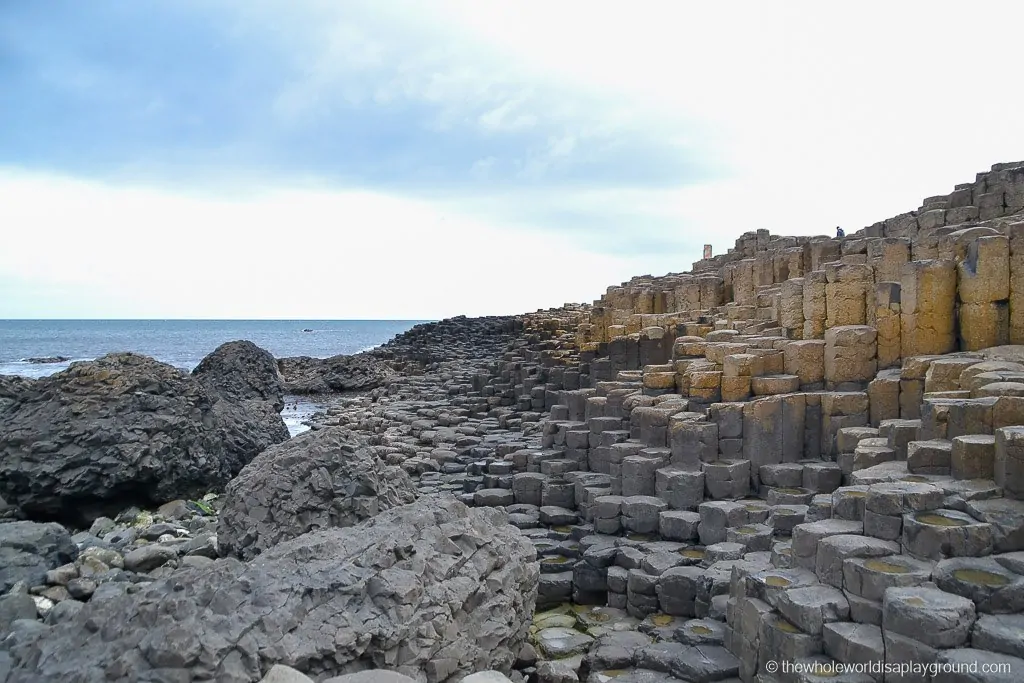
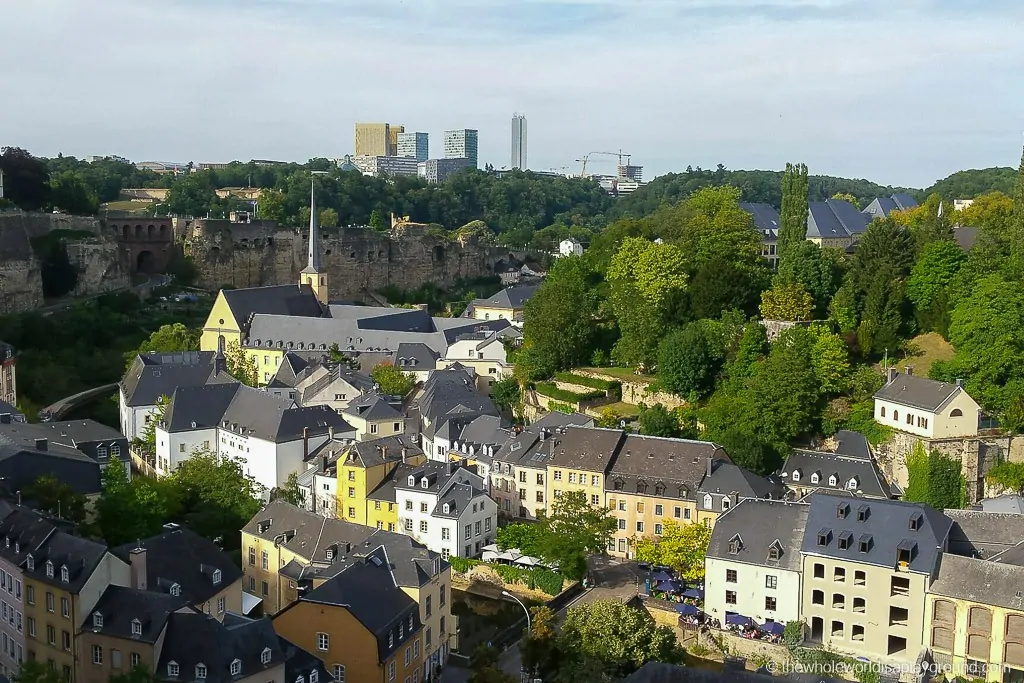
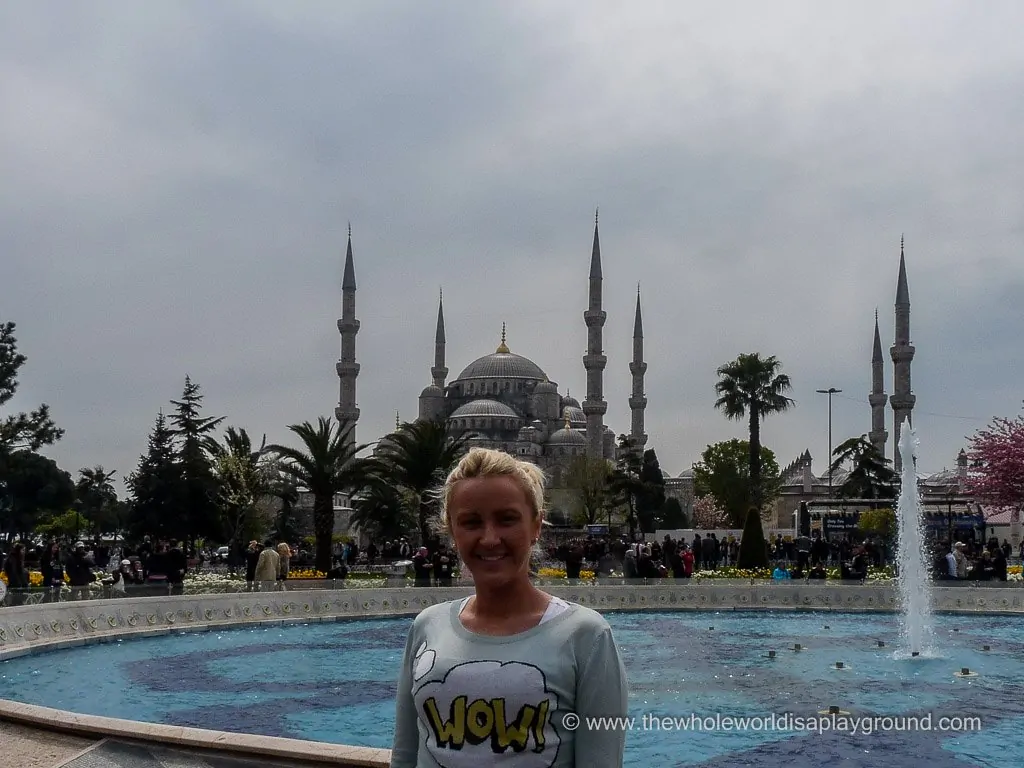
Egypt,Petra and Japan all have caught my attention! Look’s like I’m going to be making some plans for future years!
Thanks for the advice too, will be subscribing immediately!
Also working my way thru the list, but it’s not quite as obvious as it would seem.
First, each “site” can have multiple locations (for example, #430 “Frontiers of the Roman Empire” has hundreds of locations.) Obviously when you touch on one location of a site, seeing another probably won’t add much to the experience.
Second there are the “Tentative” sites, which are less accurately described. Once a year, some tentative sites are added, some dropped and some converted to full site status, but not necessarily in the same constellation.
Currently have visited ca. 807 locations for 432 sites (many of those listed above altho your photography is much better) and counting. Whenever I’m out and about, it’s the first thing I look for and generally I haven’t been disappointed by either the educational value or the magnificence.
Hi Tschäems
432 sites is incredible! We’ve sometimes been lucky enough to visit a tentative site that makes it to the list but we don’t seek them out.
Happy UNESCO travels!
Elaine